Blog » How to Guides » Life Coach Salary: The Definitive Guide
LIFE COACH SALARY
The Definitive Guide (2023)
This is the definitive guide on life coach salaries.
In this comprehensive guide, I will cover:
- How much you can earn as a coach
- What your salary depends on
- How you can increase the salary you can command as a coach
- How to maximise what you can earn from your coaching

So if you’re looking to switch careers and become a life coach, or want to supplement your current salary, this guide will give you a complete understanding of what to expect.
Let’s jump right in!
Don’t have time to read the whole guide right now?
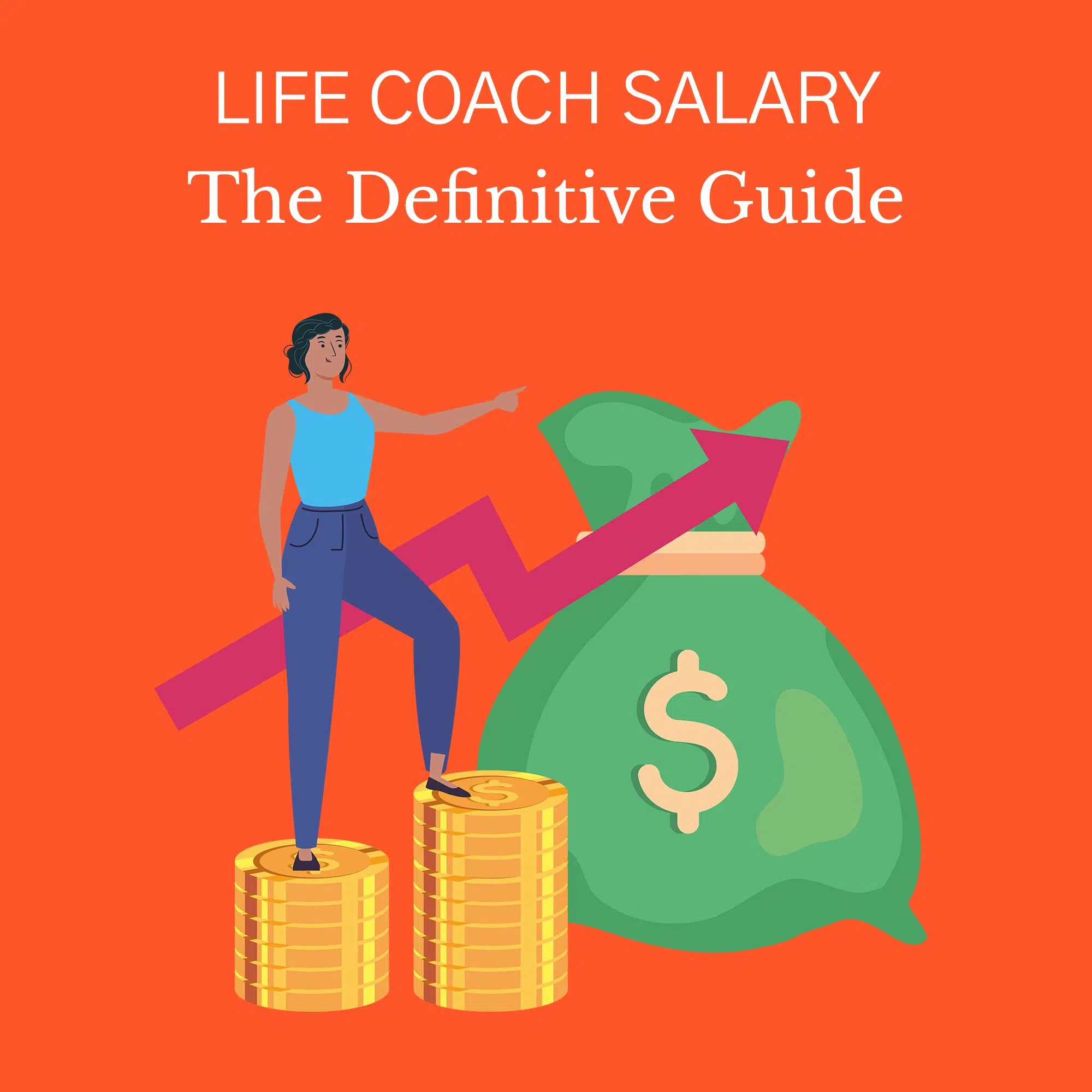
No worries. Let me send you a copy so you can read it when it’s convenient for you. Just let me know where to send it (takes 5 seconds)
Contents
Chapter 1:
The Fundamental Questions
Many people who are curious about taking up life coaching as a career have a lot of questions related to the salary of a life coach.
The demand and viability of the career, the niches within life coaching and their respective salaries, and — at the heart of this article — the question about whether life coaching really pays.
Where do you even start?
Don’t worry — I have done all the legwork for you.
First, let’s start with a few fundamental questions.

What does a life coach do?
The International Coach Federation (ICF), the foremost global Coaching organisation, defines coaching as “partnering with clients in a thought-provoking and creative process that inspires them to maximize their personal and professional potential”
At its very core, life coaching is about helping clients tap into their full potential by asking the right questions to help the client find the appropriate answers within themselves.
If you’re all about helping people set and achieve their goals — this is the perfect industry for you!
Most importantly:
You will help enhance the quality of life for clients, and help them live a happier and more fulfilling life.
Your role as a life coach would involve a three-pronged approach to your clients:
- Guidance — to help clients eliminate negative patterns, navigate obstacles and pursue constructive goals.
- Empowerment — to help clients realise their self-worth and affirm their self-belief.
- Improvement — to improve their strategies in achieving their goals.
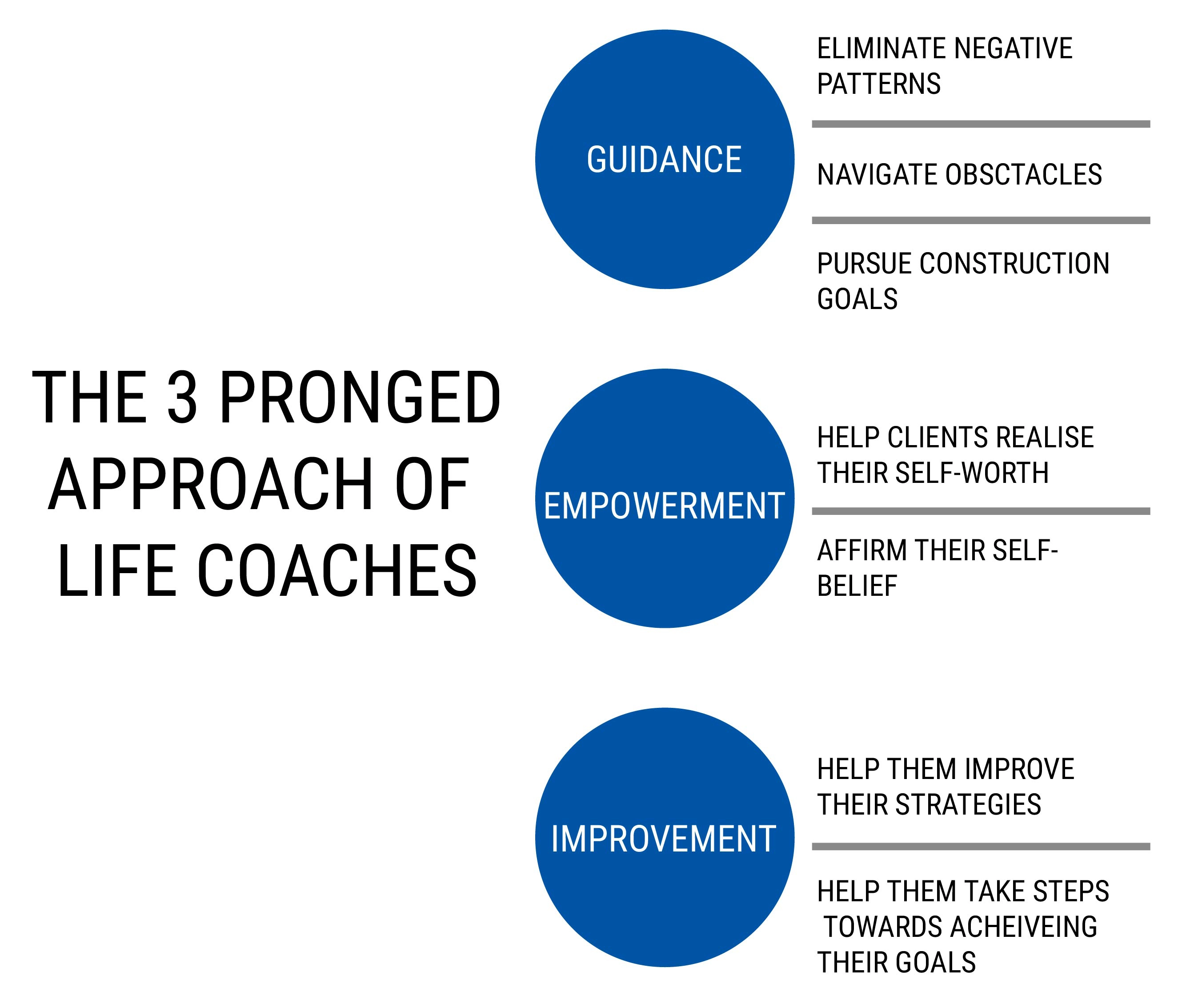
So how many people are really looking for a life coach?
Read on and you might just be surprised by the numbers!
What is the demand and viability of life coaching as a career?
According to the 2020 study conducted by PricewaterhouseCoopers, the estimated global total revenue from coaching in 2019 was $2.849 billion USD, representing a 21% increase over the 2015 estimate.
The demand for personal and professional coaches is on the rise lately as mentioned in the January 2021 article ‘LinkedIn Jobs on the Rise: 15 opportunities that are in demand and hiring now’, in which the career is ranked at #10 — right up there with healthcare supporting staff, education professionals and digital content creators.
I’ll come back to the original question — how much does a life coach earn? — in just a minute.
Let me take you through some key facts and statistics first:
- The number of life coaching businesses in the USA is 18, 000+ and industry employment stands at 17, 600+.
- The International Coach Federation boasts of 53,300 members and is on a steady growth trend.
- From Ivy League schools like Yale and Harvard to state schools like Penn State, more than 30 universities have recently added life coaching programs to their curricula!
- 92% of life coaches remain active in the field, suggesting a promising future in terms of opportunities.
I have tons of stories of life coaches and their work to share with you, but if there’s one that really drives home the burgeoning demand for life coaching as a career — it’s this one:
A couple on the lookout for a life coach for their three young children was willing to offer $100,000 to the right person for the job including full benefits, a car, a phone, rent-free accommodation for the first six months, and even a yearly ski pass!
Not every single life coaching job might come with such a long list of benefits (especially at the beginning of your career), but there are a few standard things you can expect.
Life Coaching: What to Expect
As an expert in the life coaching industry, you will be helping clients discover what their personal ‘best’ is and suggesting steps that will take them in that direction. You can help them define goals for themselves, identify obstacles along the way and create strategies to overcome these obstacles.
Broadly speaking, here are the three phases of life coaching:
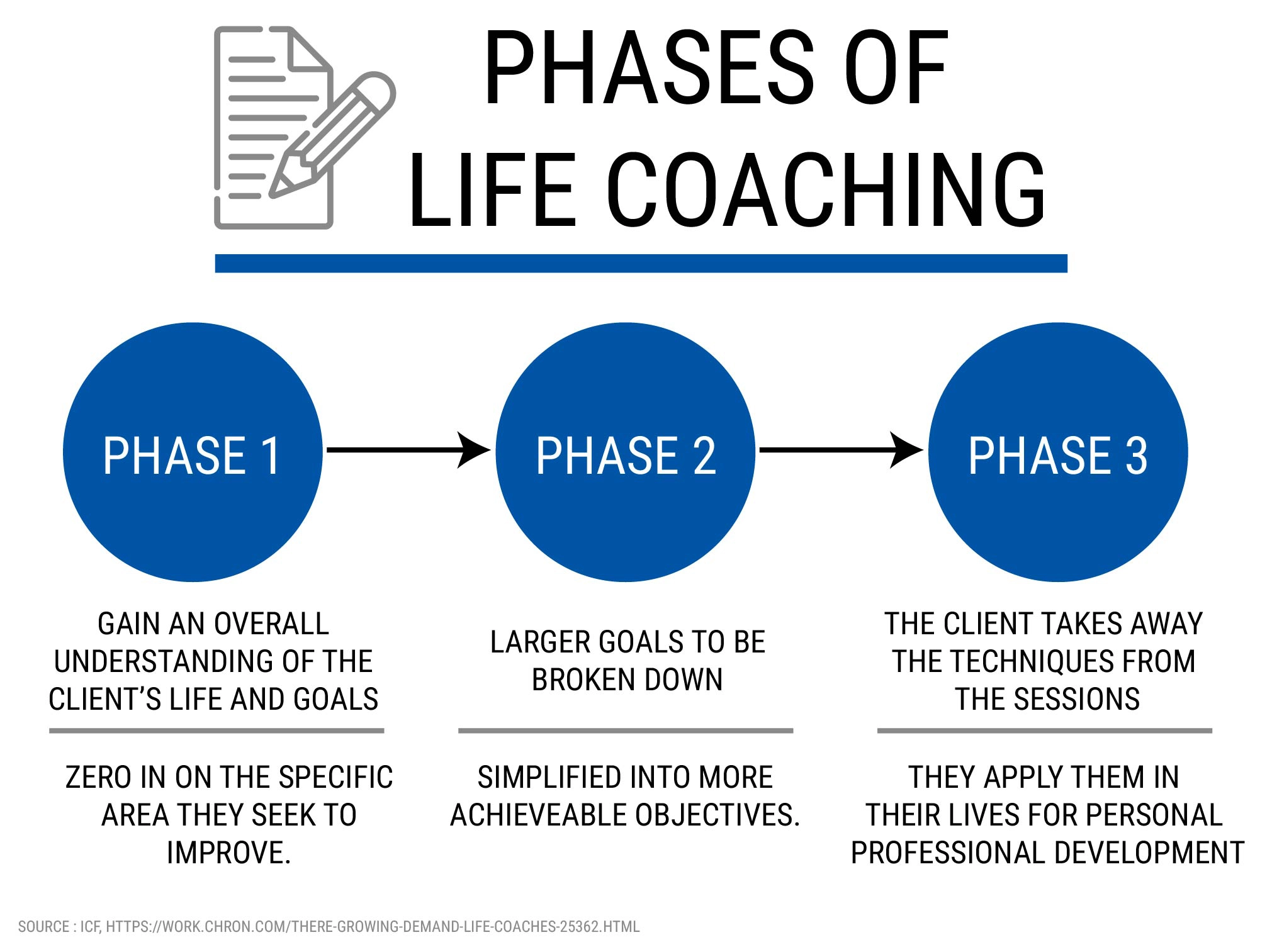
- Phase 1: Initially, you will gain an overall understanding of the client’s life and goals, before zeroing in on the specific area they seek to improve.
- Phase 2: Larger goals will then be broken down and simplified into more achievable objectives.
- Phase 3: It is then up to the client to take away the techniques from the sessions and apply them in their lives for personal and professional development.
The bottom line?
Life coaching is a two-way street — a real partnership between the life coach and the client! As a life coach, you are changing people’s lives and it is rewarding indeed to see the impact of your work.
As a life coach, you have the power to help people ask the right questions, make life-changing decisions and ultimately alter the route of their lives. You know what they say — with great power comes great responsibility.
Responsibilities
As a life coach, here are some responsibilities you can expect to take on:
- Listening: To lend a listening ear to properly understand the client’s values and beliefs and help them take steps towards their goals accordingly.
- Inspiring: To motivate clients throughout the process.
- Increase productivity: Use techniques such as mindfulness to help clients manage stress and amp up productivity levels.
- Evolving: Fine-tuning strategies over time to help them based on their response.
- Contract: Mutually agree upon a coaching contract with your client regarding the details of the engagement, including the number of sessions, confidentiality and working within a Code of Ethics.
That brings us to the next question you might have — what about the number of working hours you will dedicate to your career in a week?
Working Hours
Here’s what you need to know about the working hours of a life coach: you can get to choose based on what works for you. In case you are working with an organisation, your working hours will depend on your organisation’s policies.
Here are some key insights:
- Self-employment: In all likelihood, you will be self-employed, so your work hours are up to you. Many clients want to talk over the phone or meet in the evenings or over the weekends, so you can expect appointments then.
- Healthy boundaries: This line of work is pretty emotionally taxing. So make sure you cap your weekly hours of client contact per week, to maintain healthy boundaries for your own well-being.
- Handling various aspects of the business: As a life coach, you will wear many “hats”. Besides the actual life coaching sessions, you will also spend a considerable amount of time on the marketing aspect of your business — building your reputation, networking with agencies and potential clients and so on. More on this aspect coming up in just a bit!
Irrespective of the number of hours you put in, life coaching is an inherently very gratifying profession — especially if you are passionate about bringing about a positive change to people’s lives.
So what are the skills you need to possess to be a life coach?
Skills Required
There are certain skills that will help you succeed as a life coach, such as:
- Have an excellent understanding of coaching frameworks and theories of positive psychology, plus the ability to apply them practically.
- Highly-developed listening, observational and communication skills.
- The ability to take an empathetic and non-judgemental approach towards your clients.
- The ability to inspire clients, while retaining the right to challenge them occasionally.
- Top-notch organisational skills to manage the client base and related paperwork.
- A basic understanding of online advertising, and networking skills for spreading the word of your business in the coaching industry.
Next up, I am going to be answering a burning question that has probably been on your mind.
Does life coaching pay?
According to the 2020 study conducted by PricewaterhouseCoopers, the estimated global total revenue from coaching in 2019 was $2.849 billion USD, representing a 21% increase over the 2015 estimate.
As with any profession, those starting out with life coaching as a profession will charge lower than those who have years of experience.
Sometimes, a long-term perspective is the need of the hour; if you are new to the industry, it makes sense to start from a low price and then gradually increase your fees as you gain experience.
According to Payscale, the average base hourly rate in the US is $32.10 currently.
On an average, a full-time employee in the United States works 1,801 hours per year, or 37.5 hours per week.
If you take the hourly rate and multiply it by the average number of hours a life coach works in the US,
$32.10 X 37.5 hours = $1,203.75/week
That comes up to $4, 815/month or $57, 780 annually.
Not too shabby.
Bear in mind, that many life coaches work as a life coach only part-time and perhaps with an organisation; so, if you are self-employed as a life coach, you can determine both your work hours as well as your rate.
Also these rates vary widely and this is just the average. Even moderately successful coaches can make much more than this.
If all of this sounds exciting to you, you might be all set to kick off the process of becoming a life coach.
You might be wondering — what’s next? How do you get started?
Well, to begin with — establish your niche.
Chapter 2:
How Your Niche Affects Your Earning Potential
It is estimated that over 90% of coaches who are just starting off fail because they do not have a niche.
A strong building needs a strong foundation. And just like that, if you want to build your coaching business to great heights, you need to lay a strong foundation for it.
An effective niche is that strong foundation.

What is a niche?
A powerful niche is a clean simple statement which includes two things:
- WHO do you want to target?
- WHAT do you want to do for them?
Let’s take an example.
Suppose that you are a career coach. You decide to target women belonging to the age range of 20-25. That is your demographic.
Now you need to find out “WHAT do these women WANT?”
You decide to tailor your coaching services to those who want to increase their salary by 25% in the next year.
That means, your:
WHO = Women between the age of 20-25
WHAT = Women who want to increase their salary by 25% in the next year.
Now combine the WHO and the WHAT components and that’s your coaching niche.
Your Coaching Niche = Who + What
i.e. Coaching for women between the ages of 20-25 who want to increase their salary by 25% in the next year.
Watch this video to know how to identify a powerful niche.
How to Choose a Target Market
Here are a few things to consider while choosing a target market:
- Research if the target market is large enough, so that you can ensure you don’t run out of leads and can sustain the growth of your business.
- Your target market should be easy to find, so that your marketing can reach them effectively.
- People who are motivated by the result you are offering them through life coaching.
- A target market should consist of people who are able to pay for life coaching services.
Coaches who pick the correct niche and target market for themselves end up making more from their career.
What are the different life coaching niches?
The life coaching niche that you choose will decide your life coaching salary to a large extent.
Let us go through some of these niches and what their respective salaries are:
- Career Coaching
Career coaches help their clients identify goals, develop leadership skills and plan career moves. On a day-to-day basis, their role may include helping clients search for new employment opportunities, providing feedback on resumes or cover letters and strategizing for a job interview.
According to Indeed, the average salary for a Career Coach is $16.06 per hour in the United States.
- Executive Business Coaching
An executive business coach will guide a business owner in running their business by helping them gain clarity of their vision for the business, and will help them achieve their goals professionally while keeping in mind their personal goals as well.
According to Indeed, the average salary for a Business Coach is the average salary for a career coach is $21.19 per hour in the United States. This niche usually pays the highest.
- Health and Wellbeing Coaching
A health and wellbeing coach supports and guides clients in setting health-related goals — such as in deciding whether to lose weight, improve energy, how to better manage stress, and so on.
The average salary for a health coach is $15.36 per hour in the United States, based on data from Indeed.
A personal development coach focuses on the client’s self-awareness, their life goals, and personal challenges. This niche assesses the client’s strengths and weaknesses to improve certain areas of their life.
The average salary for a personal development coach is $14.36 per hour in the United States, based on data from Indeed.
Relationship coaches support couples in acquiring skills for healthier marriages and romantic relationships; they help with dealing with intimacy issues and resolving conflict.
The median salary for a relationship coach is $35.29 per hour, according to PayScale.com. The hourly rate ranges from $11.14 to $125.28.
How much you can charge depends on the paying capacity of your niche and how painful a problem you solve for them. The 2020 Executive Coaching Survey shows that experienced executive coaches can now earn a whopping $450/hour.
Let me address the question at the crux of this article now.
Chapter 3:
How much can life coaches earn?
By now, I have covered the answers to the fundamental questions.
Now that I’ve looked at the demand and viability of life coaching as well as the various niches of the profession, you must be wondering what comes next.
Let’s cut to the chase and answer the question at the heart of this article.
Here is a look at the average salary and the range of salary of a life coach, as well as the different ways in which they can structure their salary.

What is the average salary of life coaches?
The 2019 ICF Global Coaching Study conducted a survey of over 22,547 coaches in 161 countries and territories throughout Africa, Asia, Australia, Europe, North America, and South America and found the following results.
Here’s the average life coach salary based on region:
AVERAGE ANNUAL INCOME FROM COACHING
| AVERAGE | |
| ASIA | $33,600 |
| EASTERN EUROPE | $19,100 |
| LATIN AMERICAN AND THE CARIBBEAN | $20,900 |
| MIDDLE EAST AND AFRICA | $34,900 |
| NORTH AMERICA | $62,500 |
| OCEANIA | $61,100 |
| WESTERN EUROPE | $51,100 |
| GLOBAL | $47,100 |
It’s pretty apparent that life coaching is thriving in all parts of the world now.
The ICF Study 2020 shows that globally, there were approximately 71,000 coach practitioners in 2019, an increase of 33% on the last estimate calculated in 2015.
The unexpected events of 2020 also caused many people to rethink their careers, lives and much else. Coaches — since they specialise in helping people and organisations transform and grow — have stepped up to the plate.
Hiring for coaching roles increased more than 51% since 2019
Based on these trends — we can expect these numbers to steadily rise in the future.
Let’s take a look at job sites now.
Here’s what I dug up on the average salary of life coaches in the United States from different job sites:
| Source | Annual Salary | Hourly Rate |
| Glassdoor | $40,089 | $12 — $21.42 |
| Payscale | $49,455 | $32.10 |
| ZipRecruiter | $59,630 | $29 |
Based on my research, many coaches are self-employed as a life coach, and can determine their rates, charging between $12 — $32 per hour.
Executive coaching is the niche that pays the highest because the target client group for executive coaches is usually high-level directors, company officers and high-level executives.
Plus — if you are an executive coach whose work primarily focuses on improving the performance of a workplace leader, you could be hired to work with the client for one to two hours a month – that works out to about 24 hours a year for just one client.
At the lowest end of the spectrum, executive coaches (usually newly-graduated) make $200 an hour, which is $4,800 a year — for just one client.
Now imagine if you have 10 clients. You could earn $48,000 a year for 240 hours of executive coaching services.
Certainly seems like a promising and lucrative career, doesn’t it? Let’s get into this a little deeper by taking a look at the range of salary of a life coach next.
What is the range of salary of a life coach?
A life coach salary range is between $27, 000 – $128, 500.
It comes as no surprise that experience plays a huge role in determining the salary of a life coach — and I’ll be getting into more factors that influence a life coach’s salary in just a bit.
Here’s the range of salary of a life coach based on data from Ziprecruiter for the US in 2021:
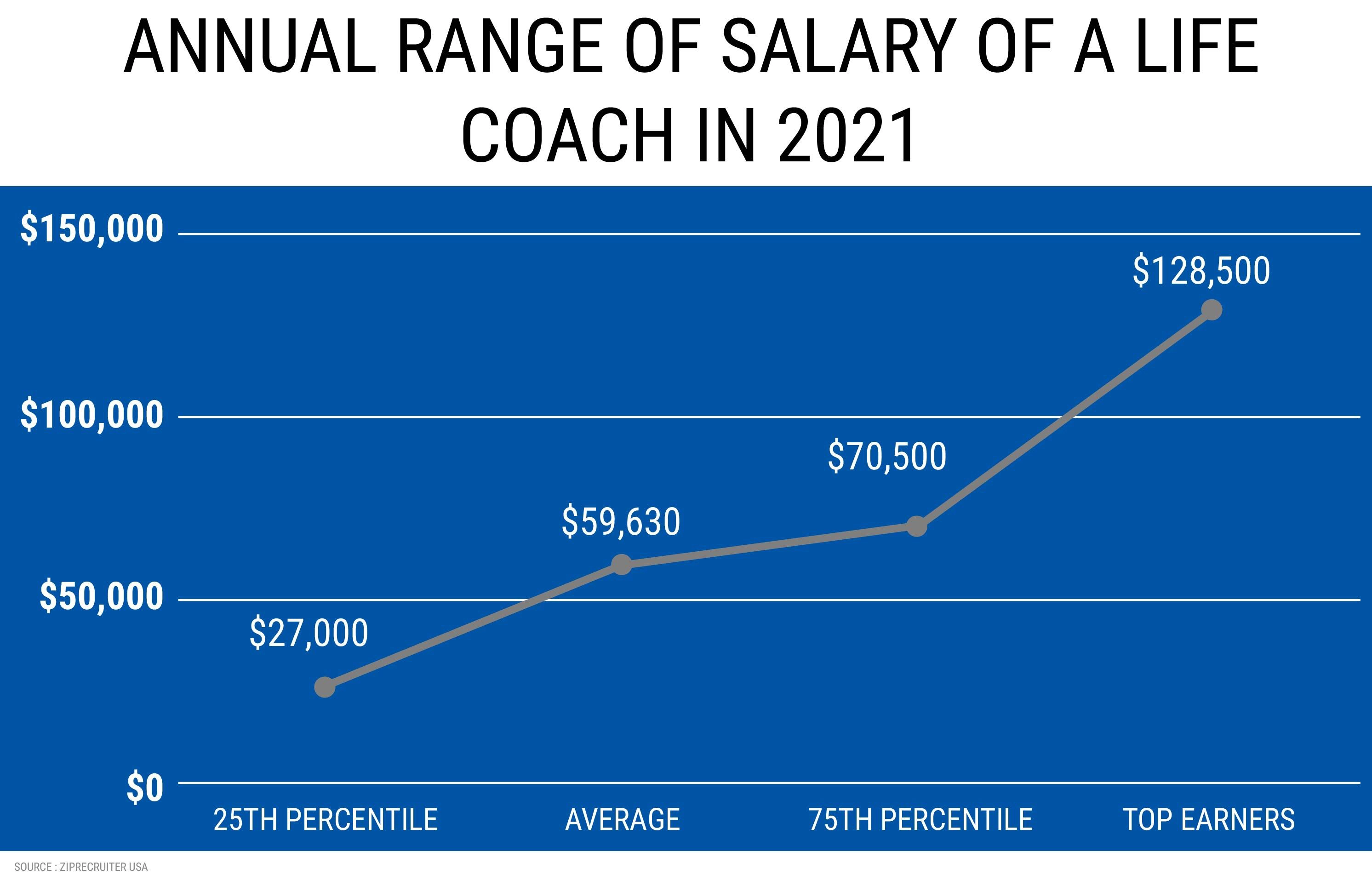
| Annual Salary | Monthly Pay | |
| 25th Percentile | $27, 000 | $2, 250 |
| Average | $59, 630 | $4, 969 |
| 75th Percentile | $70, 500 | $5, 875 |
| Top Earners | $128, 500 | $10, 708 |
Famous life coaches like Bob Doyle are in a league of their own.
Bob Doyle, best known for his Law of Attraction programs and has a net worth of $10-12 million.
As you can see, the range of salary of a life coach is quite large; it comes down to a number of variable factors, which I will be getting into shortly in the next section.
For now — let me take you through the earning potential of a life coach.
What is the earning potential of a life coach?
Michael Serwa is a British coach who has built ‘one of the most successful personal coaching practices in the world,’ which he touts as the top practice in the UK.
Starting off in 2011 with clients paying just £20 per session, he now makes an annual turnover of around £500k, which is expected to reach a million in the next few years.
Here are three tips he has shared on how to maximise earning potential as a life coach:
1. Understand that coaching is the easy part, it’s the business of coaching that you need to learn a lot about to have any chance of succeeding.
2. Charge per programme, not per individual session.
3. Get a mentor, someone who already has what you want, to teach you how they did it.
That’s the beauty of choosing life coaching as a profession — the potential to live a life of abundance and freedom while doing what you love and having a positive impact on people’s lives is very high.
I’m going to circle back to this very important point towards the end of this article.
So stay tuned!
Chapter 4:
What are the factors that determine the salary of a life coach?
By now, I have covered the answers to the fundamental questions.
There are a range of factors that influence the ultimate salary of a life coach; from experience and expertise to target market, location and skills.
I have touched upon many of them before, but these are the building blocks of your career as a life coach and need to be considered carefully to estimate your income potential.
Let’s dive deep into the factors that determine the salary of a life coach.
Let’s get right into it!

Niche & Target Market
Your target market entirely depends on your niche, which I’ve gone into in ample detail earlier in this guide. This is one of the primary factors that determines your life coach salary.
Structure
Your coaching model and how you structure it serves as a ‘mental route-map’ and makes it easier for clients to visualise their journey.
Here are a few questions worth asking yourself:
Is life coaching your profession or your passion?
Are you engaged in a freelancing coaching model?
Are you working for an organisation on a fixed salary basis?
Do you prefer online coaching or a hybrid model, as a part of which you offer one-on-one sessions as well as online sessions at the same time?
Here are 6 coaching models you can choose from:
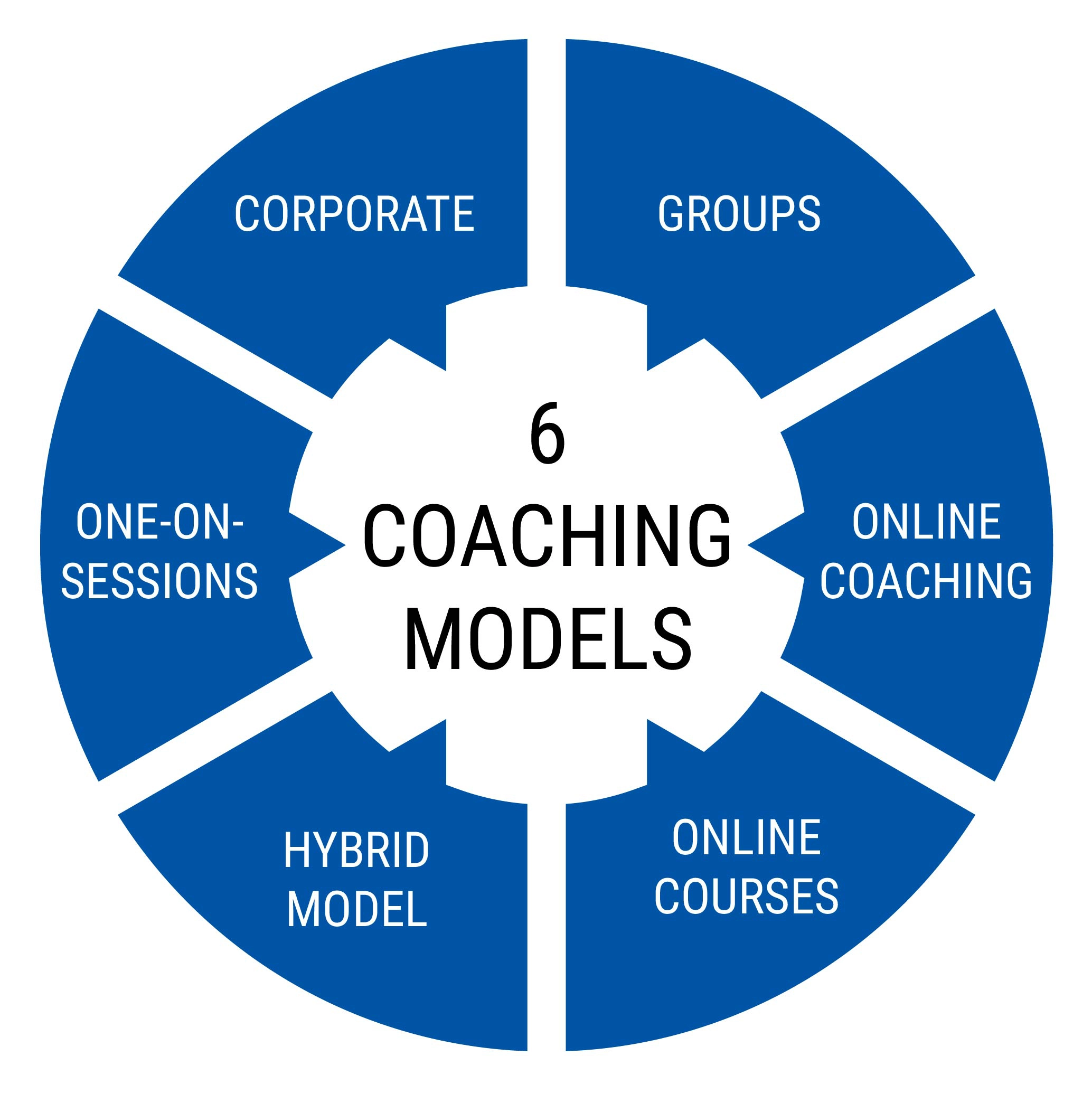
- One-on-one coaching sessions
This is where most life coaches start off their careers from. This is simple: one-on-one in-person sessions with clients.
This model gives you the freedom to experiment with coaching styles and to choose your clients, working hours and price. However, the downside to this model is its limitations in allowing you to scale your income and experience as your income is directly dependent on the number of hours you work.
Pro tip: make sure you keep time aside for networking and attracting new clients
Many coaches transition to this model as a natural next step after private one-on-one coaching.
While you may not necessarily have the same level of resources, it’s worth asking around in your community to gauge the interest levels of clients in engaging in a fun group event that is focused on growth, learning and development!
Pro tip: start off with small batches and scale up if you observe that this model is working for you
- Corporate Coaching
If you aspire to be a corporate coach or an executive coach, you likely already know how lucrative it can be. It requires a proportionate amount of effort — as it’s a tough nut to crack — but it’s well worth the effort.
This is more of a relationship-based model, and you will need to crack the sales aspect — aim to sell directly to the executives of the corporate teams, or to the HR departments.
A lot of people like Grant Cardone, the late Zig Ziglar, Les Brown and other great coaches have done a lot of seminars for corporates.
Pro tip: Marketing is super important in this model — make sure you spread the word of your business through online resources like social media and blogging, atnd building sound relationships with corporates
- Online Coaching
An online coaching business is a coaching business conducted entirely over the internet. There is a minimal in-person aspect to it.
This means getting coaching clients who buy online as well as are delivered their coaching via the internet.
This one gives you the freedom to work remotely (more important than ever today, don’t you think?) through tools like Skype and Zoom.
Since this model is location-agnostic, you and your clients could be located on either side of the world but share an excellent and productive working relationship!
This is a very powerful model and one which is fast-growing in popularity. I have created an in-depth guide on online coaching here.
- Online Coaching Courses
This model is one of my favourites!
One of the most popular formats these days thanks to the Covid19 pandemic, all you have to do is document your skills and expertise in an online audio-video format and you can monetise it year after year.
One way is to turn it into a structured curriculum and create a membership site.
A membership site is a website where members are given access to training material, research, tools, and a community for a periodical fee. Only paid members can access the website as it is protected by a login.
Based on my research, about 80% of the work a coach does with a client is the same as other clients. Less than 20% is actually unique to the client’s situation
This opens up the opportunity for massively leveraging your time and efforts by creating a membership site.
You create a membership site for 80% of your coaching which is common for all your clients. For the remaining 20%, you can have weekly or fortnightly question and answer sessions.
Over and above this, you can also give options to your clients to book in private sessions with you at a premium to learn from highly personalised coaching.
Pro tip: In this category, you can create courses that range from just $10 to $2,000. You can keep refreshing the course and increase its value over a period of time.
- Hybrid Model (Online Coaching + Online Coaching Courses)
This one is arguably the model that delivers the best value to customers while allowing you to have the highest margins of profit.
Using the power of technology at its very best, this model allows you to charge from $200 to $20,000 in terms of pricing.
This is my favourite model and the one I use for my flagship program for coaches.
If any of these has piqued your interest and you want to find out more — check out our in-depth article on coaching business models here.
How can a life coach structure their salary?
In my experience, this is a critical question to which there is no right answer — the only right answer or sound coaching business model is the one that works best for you. The reason it is so critical is because how much a life coach can earn depends to a large extent on how they structure their work and salary.
So now that you know about the different types of coaching models, you can structure your salary based on these factors:
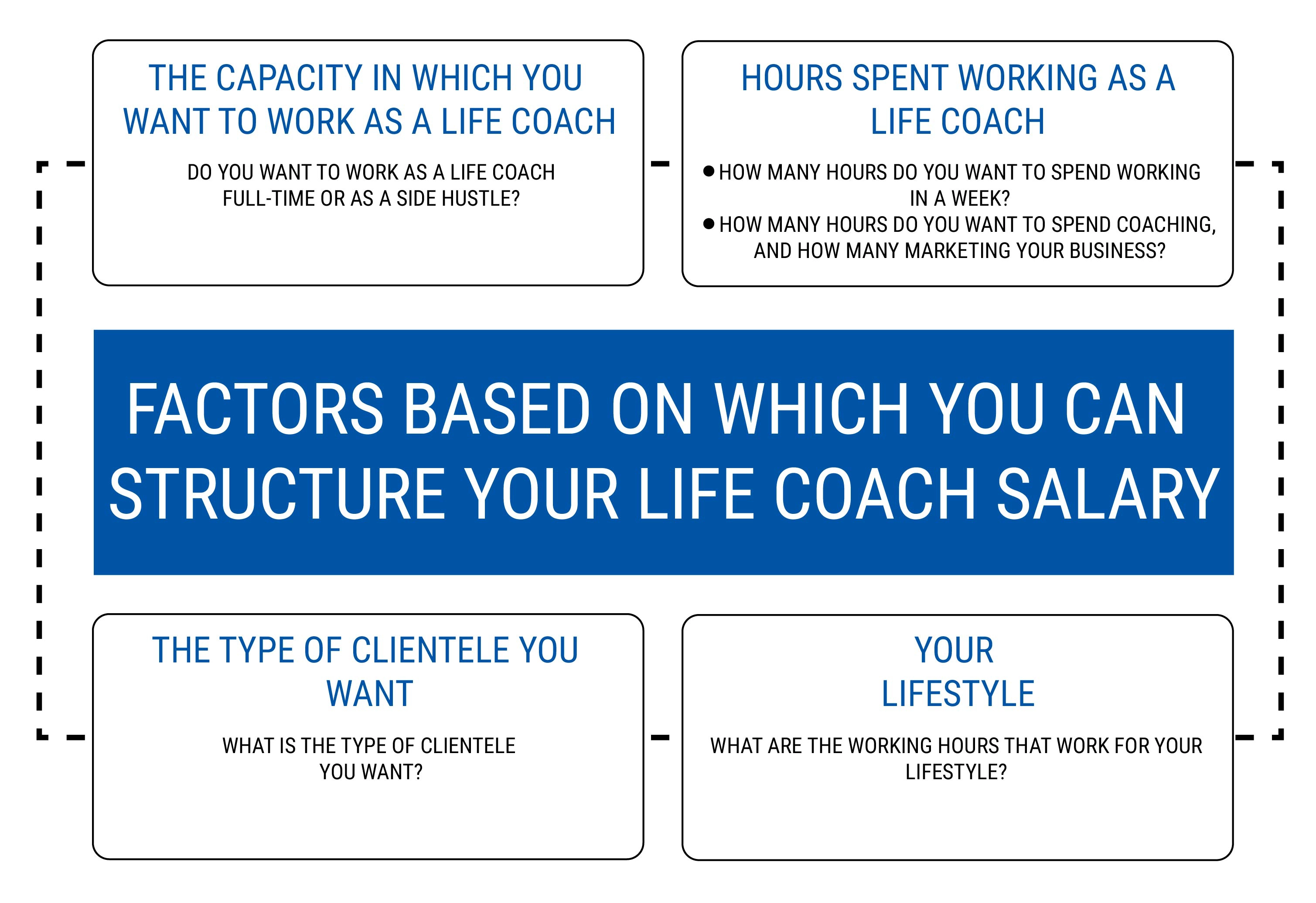
- Whether you want to work as a life coach full-time or start coaching as a side hustle
- How many hours you want to work as a life coach in total each week
- How many hours you want to spend coaching, and how many you want to use to market your practice or business
- The type of clientele you want
- Your lifestyle
Carefully consider your typical work week and how many hours you want to spend working. “Full time” can mean different things to different people — and that’s perfectly alright. This is a question you’ll want to answer for yourself based on what works for you.
Now — ready to crunch some numbers?
A: How much money you need to make in a week
B: How many hours you’d like to work in a week
C: How many paid client hours you can expect in a week
You can calculate your hourly rate by dividing how much you need to make in a week (A) by how many paid client hours you can expect in a week (C).
So — Hourly rate = (A) / (C)
How you want to fill the hours in (B) is completely up to you! You can choose to do only one-on-one sessions for 50% of your working hours, and dedicate the rest to marketing and networking.
Or you could even do a ‘product mix’ of the different models of coaching and charge different rates for each, depending on your strengths and what brings you joy. Your private coaching sessions might earn a different hourly rate than your group coaching or speaker sessions.
You could also provide coaching packages that value outcomes based on your client’s goals. Read more on how to price your coaching package here.
Experience & Expertise
The level of expertise and years of experience directly affects the salary of a life coach. A coach with less than a year’s worth of experience cannot charge the same fees as, say, what a seasoned coach of over ten years can charge.
Here are the findings from the 2019 ICF study, regarding experience vis-a-vis rates charged:
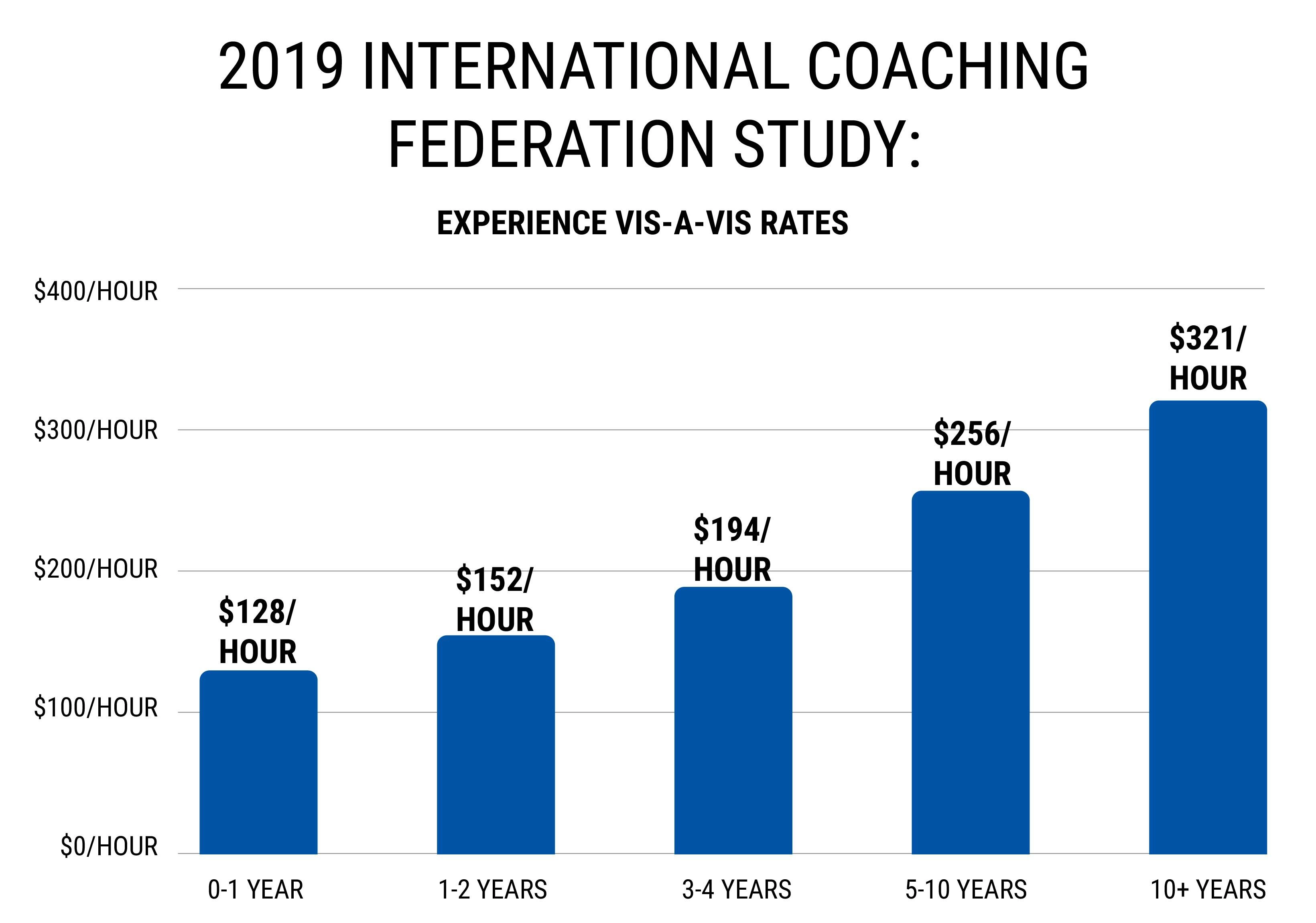
Education & Certifications
One of the major upsides of life coaching is that you don’t need to have specific qualifications.
That being said, if you’re serious about pursuing the career, specific training by accredited coaching associations definitely adds value — especially in terms of networking, promotions and earning more.
What is the difference between certification, accreditation and credentialing?
There is sometimes confusion when the terms Certification, Accreditation and Credentialing are used interchangeably. I wanted to clarify this once and for all, so that we are on the same page going forward.
- Certification is obtained at the end of a coach specific training to show that you have officially completed it, and there might be a test that you take within the training offered. Certification can be offered with any course, regardless of quality.
- Accreditation generally refers to coaching training. This training has usually been accredited to conform the criteria and standards of an independent coaching organisation.
- Credentialing is the process of a coach who has reached a certain level of proficiency and coaching experience applying for a credential from an independent coaching association such as the ICF. This is a feather in your hat — it demonstrates an endorsement of coaching proficiency. However, some coaching associations do accredit rather than credential their members.
Here are some statistics about the benefits of getting certified or credentialed, to drive home the point:
- According to the 2016 ICF Global Coaching Study, 77% of coach practitioners agree that clients expect them to be certified or credentialed.
- According to the 2017 ICF Global Consumer Awareness Study, 83% of consumers who experienced a coaching relationship reported that it was important for coaches to hold a credential.
- According to the 2017 ICF Global Consumer Awareness Study, consumers are much more likely to recommend a coach with a credential, compared to a coach who does not.
During the certification course, some things all prospective coaches learn are the psychological principles and ethics of coaching, communication skills, and how to conduct a coaching assessment to determine clients’ needs
Here are a few such organisations you can get accreditation from:
- Association for Coaching (AC)
- British Association for Counselling & Psychotherapy (BACP)
- European Mentoring and Coaching Council UK (EMCC UK)
- International Coach Federation (ICF)
- International Association of Coaching (IAC)
- Coach Training Alliance
- Institute for Professional Excellence in Coaching (iPEC)
- CoachU
After you’ve completed your training, you will be required to record additional coaching hours to finalise your relevant accreditation; these can range from 60—75 hours of coaching practice.
Finding a Program That Fits Your Goals
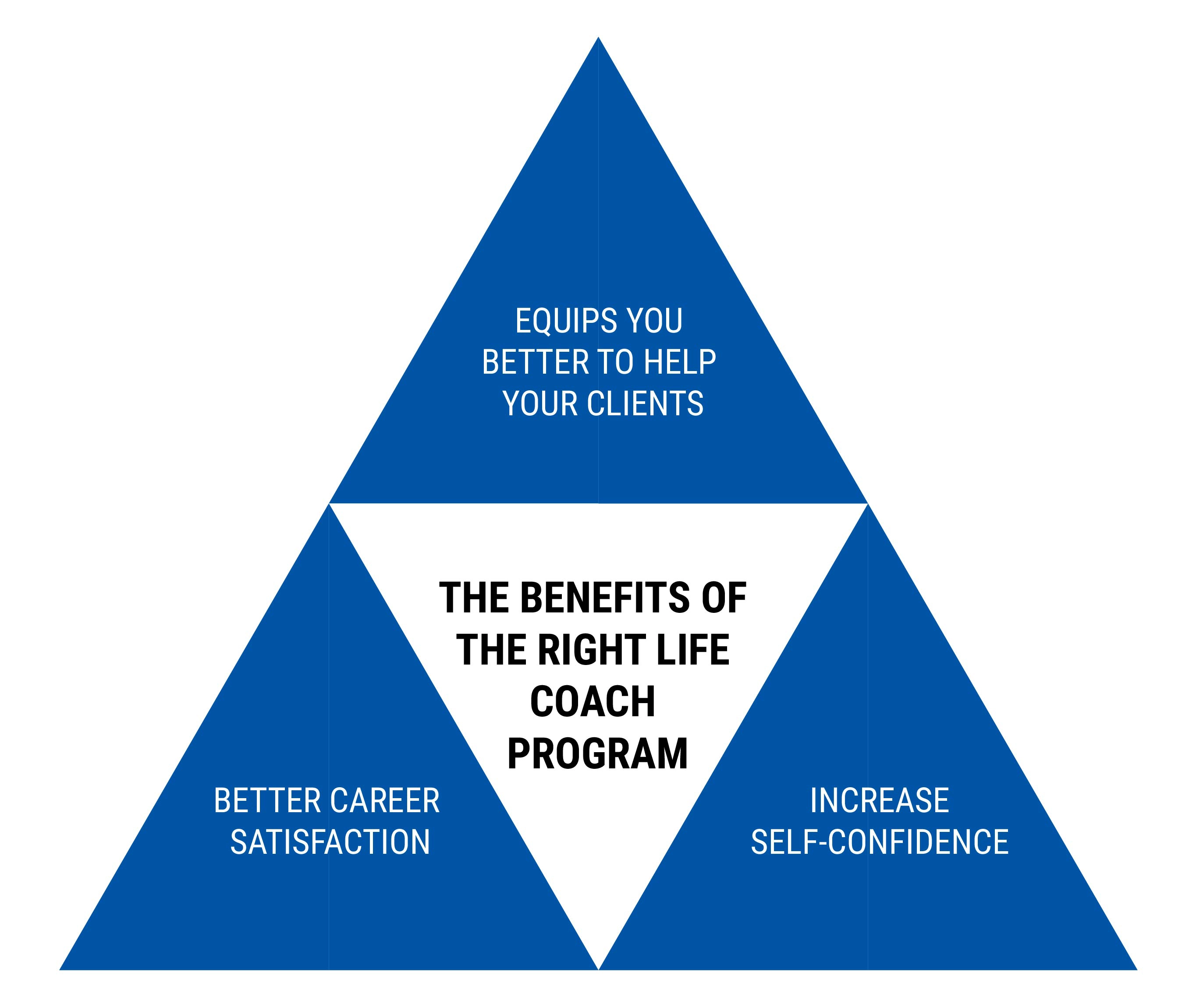
Finding the right program depends on your life coach niche, target market, budget and time available to invest in — but the returns are well worth it, with invaluable additions to your life even besides accreditation, such as a community that will support you in the long-term.
Also worth thinking about — do you prefer online or offline coaching programs?
Here is a comparison of all the life coach certifications available to help you choose the right one for you.
How can you advance your career as a life coach and grow professionally?
Many people come into the field of life coaching with prior experience in fields such as healthcare, teaching, human resources, and counselling, to name just a few.
That being said —
According to the International Coach Federation’s 2012 Global Coaching Study, nearly 43% of professional coaches believe untrained individuals (essentially: those without certification) constitute one of the biggest roadblocks for the coaching industry’s credibility.
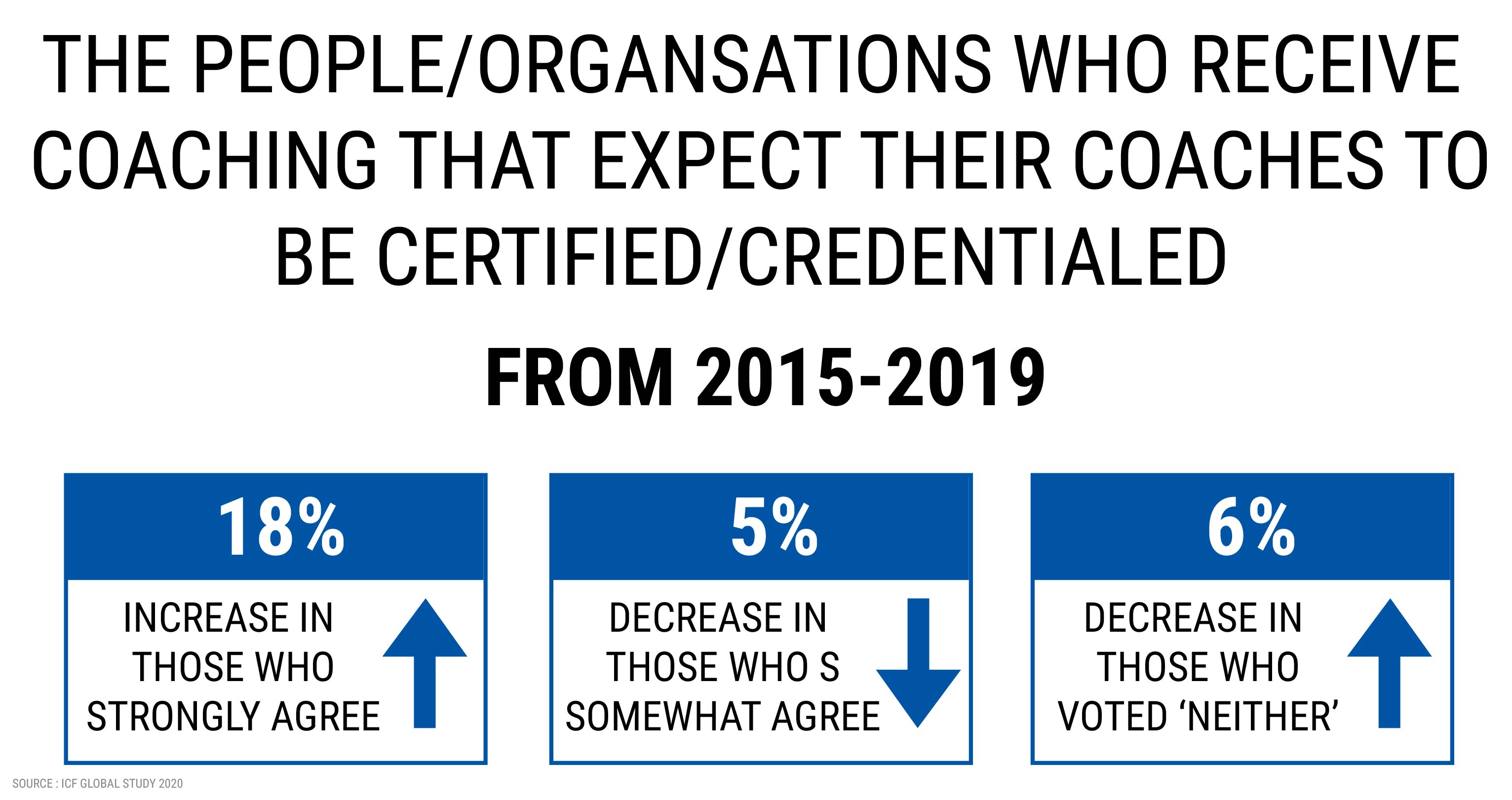
It is certain for now that accreditation as a life coach has a growing importance in the industry
It also helps in gaining access to workshops, masterclasses, relevant conferences and a network and community.
Clientele
The fact that athletes have sports coaches is well-known — but do you know that many CEOs and senior executives, too, hire life coaches for peak performance?
They are actually the most lucrative opportunities for life coaches — those who target senior executives or professional athletes earn the highest fees.
Of course — your clientele depends on your experience, as well as two sets of skills I’m going to be getting into next: marketing and sales skills.
Marketing & Sales Skills
The life coaches who last are the ones who treat it like a business. You must think like an entrepreneur and a business owner.
Marketing and sales are essential skills you need to develop as a coach. Some life coach programs do help with this but most times it is up to you to hone them.
How effectively you market yourself and how well you can close sales will have a big impact on how much you can earn – both as an independent coach as well as the salary you can command.
Location
In today’s digital era, reaching your target audience isn’t such a limitation — just think about all the tools at your disposal, such as Zoom and Skype, that can help you reach out to a wide range of clients. Many coaches are leveraging the benefits of online coaching and webinars.
Location may matter in deciding competitive rates, though. For instance, if you are coaching offline or targeting people only from a certain geography, your location definitely matters.
For instance —
According to Glassdoor, the average annual salary for a life coach in New York is $59, 488, whereas in Delaware, it is $53, 543, and in Utah, it is $58, 535. According to Payscale.com, in Illinois, the average annual life coach salary is $49, 735.
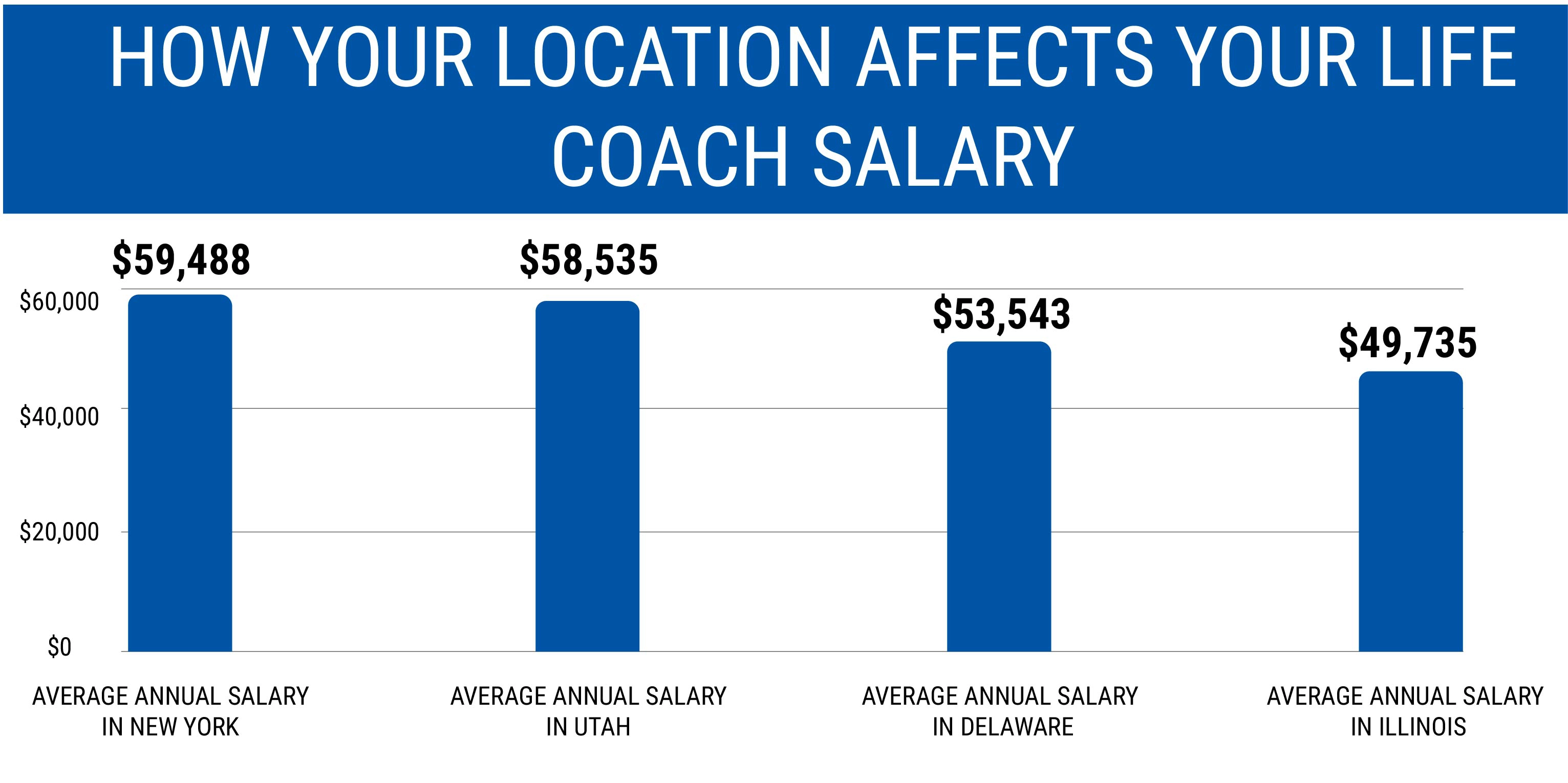
At the same time, city-based coaches will have to spend a lot of lifestyle costs.
At the end of the day, it’s about the trade-off you are okay to make personally for your career.
Importance of Testimonials
Client testimonials speak to your proven track record, and are a great way to showcase the benefits of your coaching programs.
Research has found that customers spend 31% more with businesses with good client testimonials.
When a prospective client sees that a life coach has added value to previous clients, it naturally builds trust and confidence. If you have some great testimonials of past clients, make sure you have them on your coaching website. They are free and are solid endorsements of your work.
In order to take your life coach salary up a level, you must be able to convince prospective clients of how good you are at your job. And you know what the best way for that is — proof!
Delivering Outcomes
Delivering outcomes is an important factor in determining your salary as a life coach — can you help guide your clients to achieving their goals? Do they notice a drastic difference in the aspect of their life you are coaching them in?
Some life coaches have a natural knack for it, while, for others, it comes with life and coaching experience.
Answers to these questions will ultimately determine what coaching is worth to your clients — and, thus, influence your salary.

Chapter 5:
How has the COVID19 pandemic affected the life coach salary?
In 2020, we saw an unprecedented event in the form of the pandemic wreak havoc on lives and industries across the globe. It brought the world to a standstill and had far-reaching effects on all professions.
Life coaching as a profession, too, has changed since the pandemic started.

How has life coaching changed since the pandemic started?
A curious thing happened — easy decisions became more difficult, and a lot of people went through emotional and financial turmoil. When in lockdown, people faced daily challenges and had the time to realise and accept that it’s okay to ask for help when it’s required.
Here’s a few takeaways that I found really interesting:
- Executive coaches are joining the freelance revolution; freelance executive coaching has grown as managers faced post-Covid19 leadership challenges
- Life and business coaches supported a lot of entrepreneurs during lockdown when small enterprises and start-ups were really struggling.
- Executive and business coaches have seen an increased demand in many parts of the world due to the downturn in the economy affecting businesses.
Based on my research, I found quite a few articles such as ‘Why a Life Coach During Covid19 Might Be the Best Move You Make’ — articles that helped people open up to the idea of life coaching for personal development and wellbeing.
According to the 2020 ICF Global Study —
34% of life coaches said that they experienced no negative effects from the pandemic on their employment and salary — which is an appreciable number considering the situation.
Importance of Testimonials
As per ICF’s Global Coaching Study 2020, usage of audio-video platforms by coaches to coach their clients has gone up by 74% whereas in-person coaching reduced drastically by 80%.
The data shows that to reach more people, you as a coach needs to go digital.
Now of course, this trend has been magnified because of a lack of options due to strict lockdowns across the world. But it’s highly unlikely that it will go back to the way it was before.
A large majority of coach practitioners (71%) agreed or strongly agreed that “coaches will have to invest more in technology in the future,” ranging from 64% in North America to 81% in the Middle East and Africa.
What is the future of coaching salaries?
When asked about their views on the future of coaching, business, executive, and life coaches are fairly optimistic about business prospects over the next six months, with —
- 45% saying they are “somewhat confident”
- 21% saying they are “very confident.”
In general, 52% of coaches agreed, with a further 11% strongly agreeing, that Life Vision and Enhancement Coaching will become more popular over the next six months.
According to this LinkedIn article, the demand for personal, career, and business coaches are on the rise.
The hiring growth since 2019 is up by 51%, with many of the jobs located in New York, Houston, and Boston.
Chapter 6:
How do you look for jobs as a life coach?
As a life coach, you can work from anywhere in the world, either in person or virtually. You can either work as a private consultant, start your own coaching business, or work part-time or full-time with a company.
“I’ve worked with clients from virtually every walk of life,” says Mary Allen, who calls herself ‘America’s Inner Peace Coach’. “Business owners, professionals (accountants, lawyers, engineers, doctors) and creative types (graphic designers and artists). I’ve also attracted lots of coaches, authors, speakers, and transformational leaders. I’ve worked with busy stay-at-home and working moms.”
As you can see, almost anybody can be a potential customer — as long as they have goals they are motivated to achieve.

Who or what kind of institutions hire life coaches?
When it comes to working with a company, here are broad coaching areas you can consider:
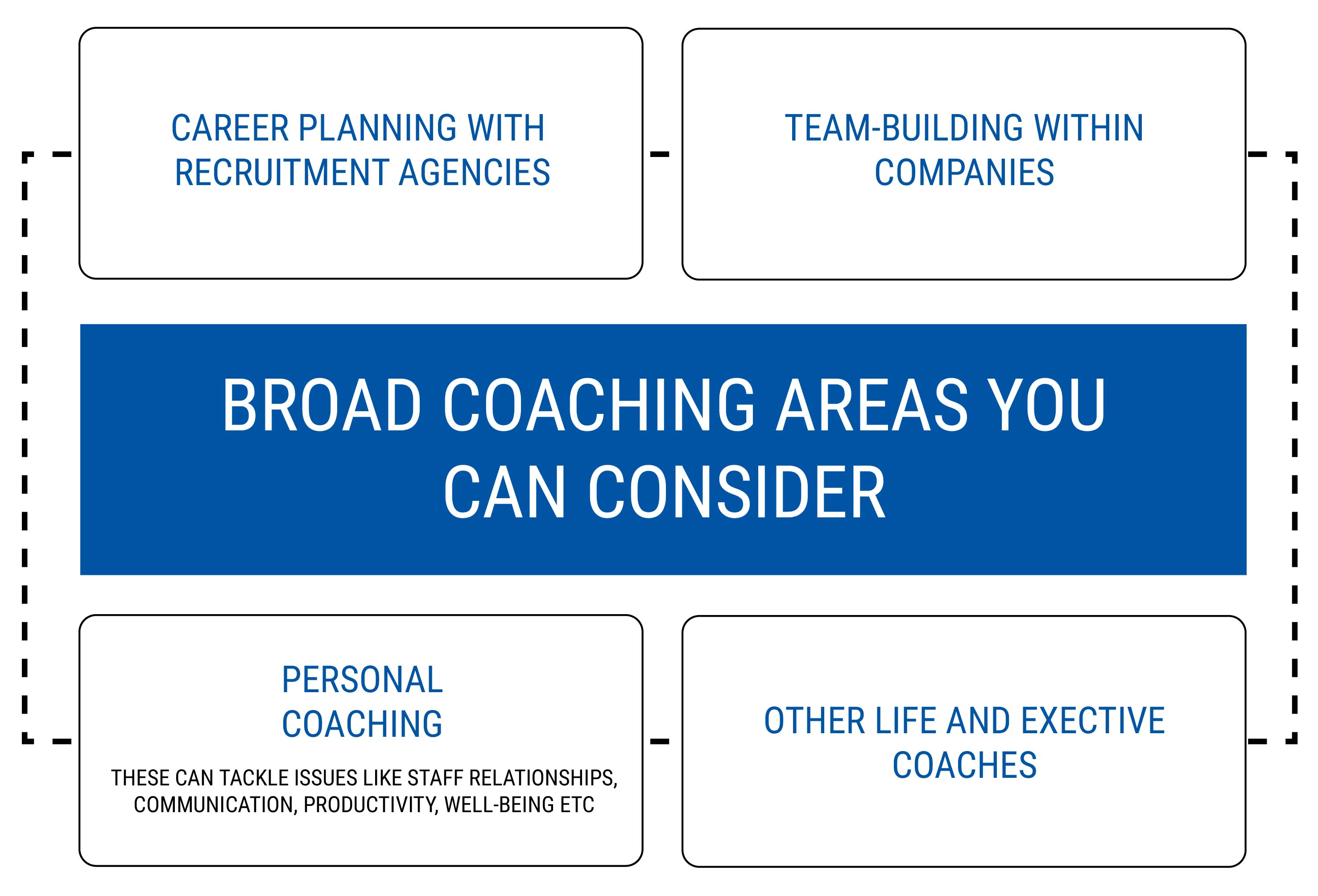
- Career planning with recruitment agencies
- Team-building within companies
- Personal coaching tackling issues like staff relationships, communication, productivity, well-being etc.
- Other life and executive coaches, too, need coaching sometimes to realise and achieve their own goals.
Within each of these, you will realise there are several niches that you can then choose to specialise in.
According to surveys, between 25 and 40 percent of Fortune 500 companies use executive coaches.
According to the Business Journal, “For years, CEOs of some of the most successful and largest companies have relied on executive coaches. Henry McKinnell, CEO of Pfizer, Meg Whitman, CEO of eBay, and David Pottruck, CEO of Charles Schwab & Co., are just a few who rely on a “trusted adviser.”
“I never cease to be amazed at the power of the coaching process to draw out the skills or talent that was previously hidden within an individual, and which invariably finds a way to solve a problem previously thought unsolvable,” said John Russell, Managing Director, Harley-Davidson Europe Ltd.
And it’s not just the Fortune 500. Companies of all sizes, from multinational conglomerates to small and medium businesses are increasingly using executive coaching as an organisational development and retention tool.
The trend of organizations investing in coaching has started catching on in developing countries as well.
The soaring demand for executive coaching amongst institutions can likely be attributed to the fact that coaching encourages and guides you to come up with the right solutions and approaches for you.
Here are some other statistics I found interesting:
- Businesses that offer life coaching services to their employees have been shown to regain a 300% return on investment
- A Manchester Consulting Group study of Fortune 500 Companies found that “coaching resulted in a ROI of almost six times the program cost, as well as a 77% improvement in relationships, 67% improvement in teamwork, 61% improvement in job satisfaction, and 48% improvement in quality.”
- According to the 2020 Executive Coaching Survey by Sherpa Coaching, the benefits of coaching have emerged to be very consistent over time. As the survey aptly says, ‘The only way to gauge whether results are improving is to measure them.’
Based on a variety of methods that business leaders use to measure the benefits of coaching — including ‘360 Assessments’ (a before-and-after method pioneered many years ago by Marshall Goldsmith), ‘Performance Reviews’ and ‘Impact on Business’ — the survey clearly outlines how individuals have consistently benefited from receiving coaching in a range of ways.
Here’s a snapshot from the Survey:
So —
As you can see, all organisations, professionals and individuals at all levels can benefit from coaching.
TIME Business News summed it up aptly when they wrote, “Workers at all levels of the corporate ladder are enlisting coaches for guidance on how to improve their performance, boost their profits, and make better decisions about everything from personnel to strategy.”
How does an aspiring life coach find clients and jobs?
Now that we’ve covered where life coaches can find jobs, let’s delve into how they find them.
Here’s a step-by-step breakdown of how to do this:
Step 1: Create a resume and CV
- Make sure they are well-designed. It helps if they are aesthetically pleasing, so you can consider using a website like Canva.
- Make sure your resume is thorough about your work history, with an emphasis on the various work cultures you might have worked within in the past.
- Make sure your LinkedIn profile is updated, and includes your skills, background and experience.
Step 2: Look for jobs online
- Look up life coaching jobs in your area, or remote positions that are hiring through search engines and job finder websites. Monster.com, Seek.com.au and Indeed.com are just some of the job search sites that you check out.
- Before you apply, conduct some research on the organisation and familiarise yourself with the skill-sets they are looking for as well as their work culture and environment.
- Set targets for the job you’re aiming for realistically based on your experience. For instance, if you’re fresh out of coaching school with no business experience, it is unlikely that a big corporate is going to hire you as an executive coach right away.
- Make custom resumes for job openings which emphasise on the parts that the job listing has put in the requirements. Customising the CV helps your chances at bagging a job.
- Always have a custom-made cover letter for the job you are applying for, which illustrates clearly why you are the best fit for it.
Step 3: Use your online presence
- You can also join independent life coaching associations that have a members’ referral site such as the International Coach Federation.
- Do some research on the corporates or government organisations in your area and look up their ‘Careers’ pages. Make some enquiries about whether they are looking to hire coaches — or go ahead and be proactive: put in a proposal.
- Check and make sure that your social media profiles align with what you are offering professionally.
Step 4: Face-to-face networking
- Try and take up speaking engagements to reach out to more people.
- Participate in webinars and seminars on coaching so you can network with the community and possibly expand your client base.
- Networking may also allow you to find a mentor, and join their team of life coaches.
- You can also use coaching providers to find coaching work.
- Make strategic partnerships or create affiliate income through other life coaches with a similar target audience
All of these tips can help you establish and circulate your life coach profile, and ultimately build relationships that can lead to the jobs that you are best suited to.
How much competition does there exist in the industry?
With the boom in demand for life coaches, competition within the industry too has grown considerably in recent times.
Real talk, though?
If you’re just starting out, then coaches like Zander Fryer are obviously not your competitors.
Here are some tips to help identify who your competition is:
- Research every service you offer, and find out who else offers similar value.
- Find out who your competitors are in your geographical area.
- If you have a specific space you have where you offer your services, make sure it’s easy to find. For instance, ensure that it is listed on Google Maps.
- If you have a location-agnostic service you offer, research on social media to find your competition
Within your market, here are a few ways you can stand out from your competition:
- Life coach Christine Rose suggests you embrace your growth mindset and bring curiosity to your career
- Carolina Caro suggests you continue investing in honing your skills and expertise throughout your career to build credibility and earn more referrals
- Jennifer Wilson of Convergence Coaching suggests you make sure you identify and embrace your USP (unique selling point)
- Barrett McBride suggests having a certified mentor to coach you through your career to develop further professionally
- Having a user-friendly and aesthetically-pleasing website will also help you get a leg-up on your competition.
As I have mentioned before, starting a coaching business can unlock a much higher earning potential than a salary — and I’m going to be getting into the details of this in just a bit.
But first, let’s dive into the different ways in which a life coach can make money.
Chapter 7:
What are the different ways to earn as a coach?
As a life coach, your days won’t just entail sessions with clients all day. There’s actually a lot more to it than you might initially think.
Speaking engagements, mentoring less experienced coaches, digital courses — if you utilise the tools at your disposal, you will find that you will have many busy and varying days as a coach.
There are several ways through which you can make money as a life coach.

Mentoring
If you are an experienced life coach — you can start a mentorship programme, that is either one-on-one or in a group.
Mentorship is a long-term relationship that a life coach builds with another life coach with less experience than them to help guide them through their career.
If you have 5 years of experience as a career coach, for instance, you can mentor a career coach who is just starting out and impart the knowledge gained from your years of experience.
Plus — as it is with teaching or mentorship, you might even end up learning some things from them!
Paid memberships
Paid memberships are a great model to earn recurring revenue!
Once you have a solid network in place — you can have monthly, yearly or fixed-term subscriptions to an online group in which subscribers pay to get answers to their specific queries and in which they can receive support from you.
Group coaching
An incredibly lucrative field, this is a great way to leverage your time. You can get paid a lot more to coach groups in the same time frame as one-on-one coaching.
As more and more companies look to maximise the value of teams within their offices, the avenues in corporate or executive coaching are endless!
Read more on the art of group coaching here.
Digital Courses
The e-learning market size crossed USD 200 billion in 2019, and is projected to be worth $325 billion by 2025; this is thanks to advances in technology and increasing internet penetration across the globe.
As a life coach, you can create courses based on your niche to help them achieve success. All you have to do is record your course sessions in an audio-video format and upload them to your website or on platforms like Udemy.
Speaking engagements
You can give speeches, host seminars, webinars and online and offline workshops to make more money as a life coach in your area of expertise and simultaneously market your practice. Host your own events, or get paid to speak at other events.
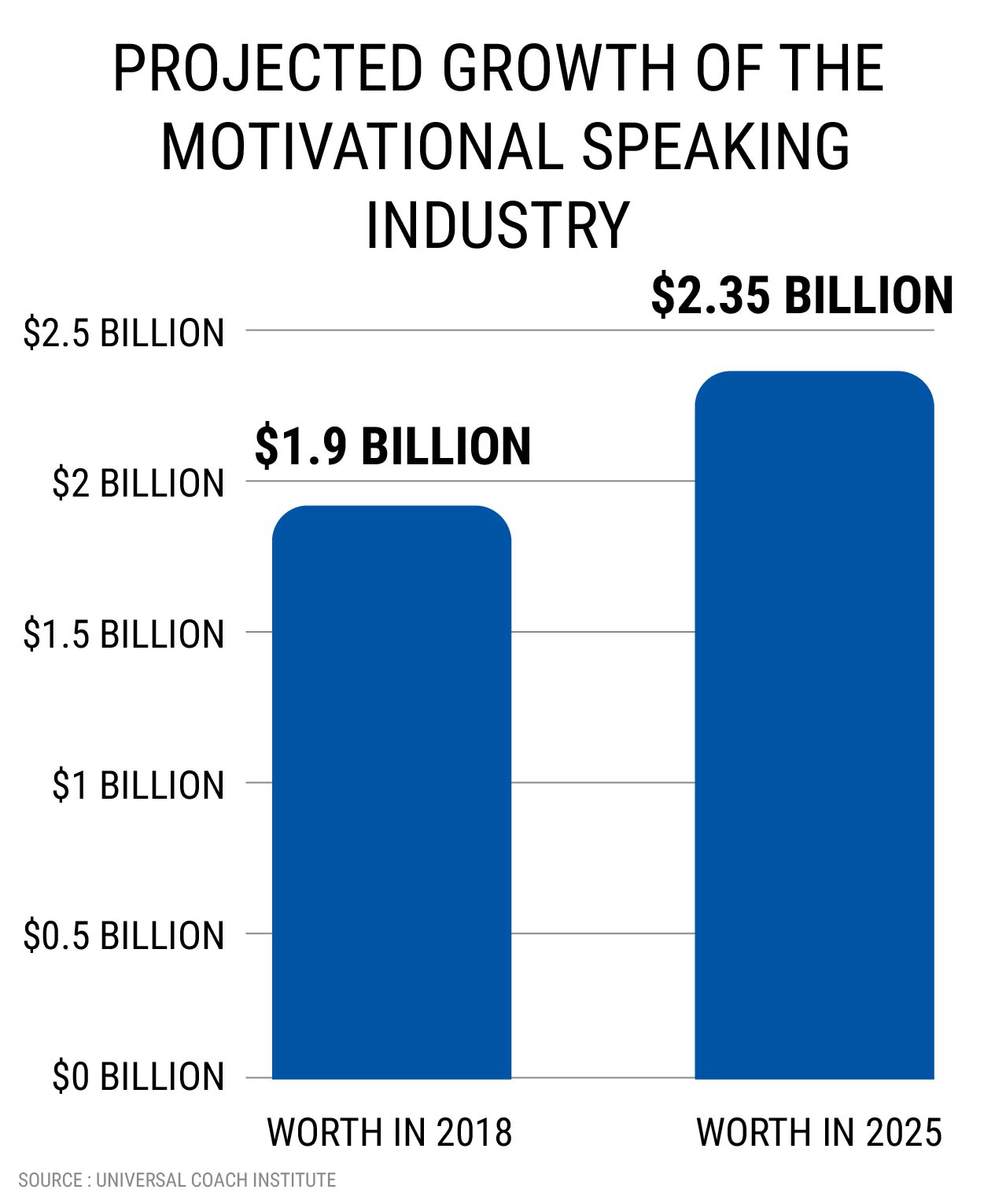
Motivational speaking, as an industry, is worth $1.9 billion and is projected to reach $2.30 billion by 2025.
It is quite normal to start your public speaking engagements for free, initially; life coaches who are experienced speakers can charge as much as $3,500 per speech!
Different Models
I have gone into several business models in how to structure your life coaching practice above in this article.
Here are some other ideas to acquire a six-figure sum:
- The ‘Jerry Maguire’ model
Much like in the film, you find one high net worth individual who can benefit greatly from working with you. Dedicate your time exclusively to being their life coach.
Charge them at least $8333 a month, and retain the client on a long-term basis — you’ll be making $100, 000 or more!
Of course, this is much easier said than done; so the next model is one that’s more accessible to life coaches.
- One-on-one coaching model
This one requires an influx of new clients in order to make sure your roster remains full, so your marketing game needs to be on point.
To make a six-figure income with this model, multiply these three factors:
Maximum Monthly Revenue = A x B x C
A: Revenue from the average client on a monthly basis
B: The number of months the average client avails of your services
C: The number of new clients attained each month
One important question to ask yourself is:
To maintain a monthly income of $8333 or more, how many new clients do I need to add to the roster every month?
- Group Coaching
We’ve already elaborated on this one — it’s more scalable than the one-on-one coaching model.
You’re going to be coaching several people at the same time, so for instance —
If you charge $100 per hour for the one-on-one format; you could charge group coaching clients an attractive $20 per hour and make as much by working with five clients. You invest less time and make more money!
If you manage to have enough group coaching sessions to make $833 or more, you have crossed over into that six-figure income you know you deserve.
- E-products
You found me waxing eloquent about the digital age when I was talking about digital courses earlier — but expand your vision, and the possibilities are truly endless.
E-books, e-courses, membership sites — develop your e-goods that require a one-time investment of time and effort, and you can be monetising them year after year.
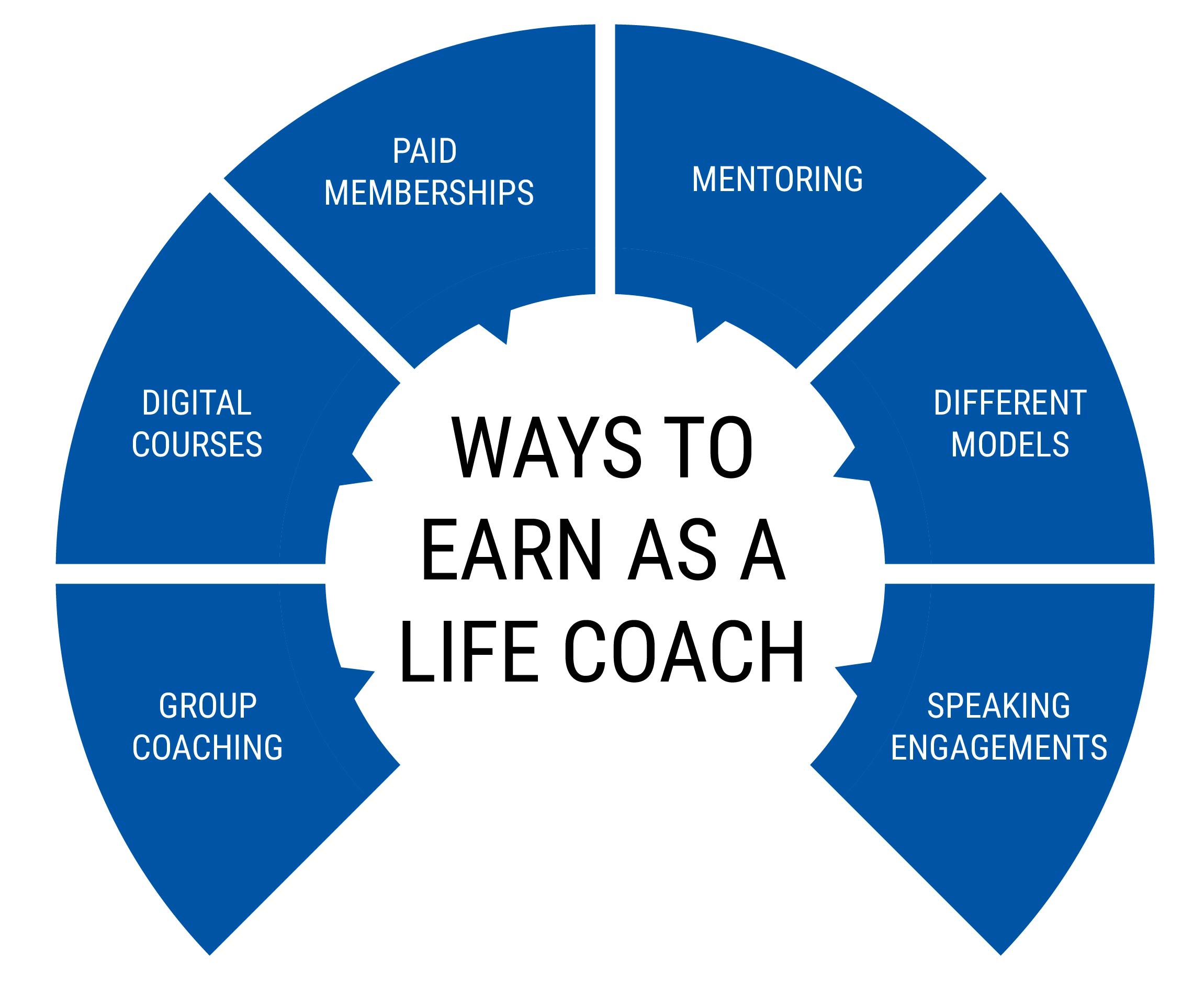
Chapter 8:
How can a life coach supplement their income?
You have probably heard of the saying “Don’t put all your eggs in one basket.” There’s an element of truth to it.
As it is with any other business, the more effort and creativity you put into your business in different ways, the higher the chances of it flourishing and the higher your income potential becomes.

Why is diversification required?
Diversification in your practice is required so that you can increase your earning potential. I’ve already touched upon some of these ways such as through offerings like ebooks, digital courses and public speaking (to name just a few) besides your actual sessions with clients.
Not only will this keep things interesting for you as a life coach, it will be more lucrative as offerings such as e-goods and workshops will supplement your income while requiring a one-time investment of time and effort.
Here are a few other ways you can supplement your life coach salary:
Start a Podcast
Podcast listenership has been growing steadily ever since 2015, and as of 2020, 75% of Americans were familiar with podcasts.
You got it — podcasts are not going anywhere. They are a great medium to reach out to a wide audience and an opportunity to spread the word about your practice within your community and create authority, perhaps even nationally!
It’s also an opportunity to connect with successful people in your niche such as authors, speakers and accomplished guests who can bring their own followers into your listenership.
For instance, The Life Coach School Podcast by Brooke Castillo is considered the best personal development podcast and has a 4.4 rating on Apple Podcasts with over 7.7k reviews!
Write a Book
According to MarketResearch.com, personal development books is an $800 million market that’s growing 6% per year!
Becoming a published author is one of the best ways to build authority in your niche. Coaches (especially more experienced ones) inherently possess such a vast amount of information and wisdom, that it’s only apt they share it through the written word for people to benefit from.
You can sell your books in bookstores or as a Kindle version. You can also publish it as a downloadable PDF document on your website, or author an anthology with other coaches — this is probably the fastest way to become a published author.
For example, Walks of Life by Jill M. Fratto, an iPEC Certified Professional Coach with 15 years of coaching experience, is probably the most influential book on life coaching. It has helped tens of thousands of coaches find their footing in the initial stages of their careers.
Public Speaking Engagements
You can give speeches, host seminars, webinars and online and offline workshops to inspire people and make more money as a life coach in your area of expertise. Host your own events, or get paid to speak at other events.
Dave Ramsey, for instance, is an American motivational speaker, financial author and television personality whose name 361k people run a search for per month. He has 864k followers on Twitter and 4.1 million likes on Facebook.
Referrals/Affiliate Income
This is how referrals work —
Say, you are a personal development coach and your client mentions that she wants to grow professionally. You refer her to an established and reliable career coach you know who can help — you make an arrangement with this career coach, and receive a supplemental affiliate income for every person you send their way.
Simple, right?
It’s a win-win for everyone involved. So start looking out for people in different niches of life coaching within your community — as they say, it is indeed about who you know.
Blog Income
A life coaching blog usually goes hand-in-hand with your coaching sessions; it’s a very popular marketing tool and with good reason, too, as it can drive major traffic to your website.
The thing is, your blog can be far more than just that, though. You can monetise your coaching blog through these ways:

- eBooks
- Members-only content
- Digital courses
- Affiliate Marketing
- Advertisements
- Sponsorships
For instance, life coach Gabby Bernstein runs a very popular weekly blog, and has a following of 904k followers on Instagram.
Membership Sites
Yet another recurring revenue model that can help you increase your life coach salary manyfold, and add stability to your career.
Membership sites are like digital courses, but more open-ended. They regularly send out content to subscribers — be it tips, exercises, challenges or engagement with the founder of the membership. The idea is that they provide value over a long period of time, thus attracting clients who are willing to pay a monthly sum for coaching services.
Want to know more? Here are a few models you can explore.
Mel Noakes is a self-care coach whose aim is to empower women; her website is a great example of what a membership site can look like.
Creating Coaching Packages
Creating coaching packages that offer a combination of offerings such one-on-one sessions, content, digital resources and courses can be a great way for a life coach to support their clients in achieving their goals.
Make sure you clearly define:
- Your niche
- The duration of your coaching package
- How personalised your system is
- Coaching hours
- Bonuses
- Resources
Check out The Mind Health Coach’s website for a great example of a coaching package.
We’re going to be going into a whole lot more detail on this in the next chapter, on boosting your income potential from coaching exponentially.
Apps
Through savvy apps, almost anything is just a click away today — including your life coaching services. Welcome to the future!
The best thing about your clients using life coaching apps is that they can use them around the clock, the apps improve accountability and commitment to their goals, and the clients can choose the aspect of their life they want to work on.
Personal development is now just a click away for clients, with an app like Remente or Happify.
Recently, in September 2020, Indianapolis life coach Katara McCarty launched the first emotional well-being app for and by women of color.
Combinations of the Above
There are many coaches who use combinations of two or more of the above methods to deliver the best possible results.
For instance, you could have a one-on-one session with your clients to kick things off on a highly personalised note, and then offer a package that combines pre-recorded curricula with follow-up calls to make sure everyone is on the same page.
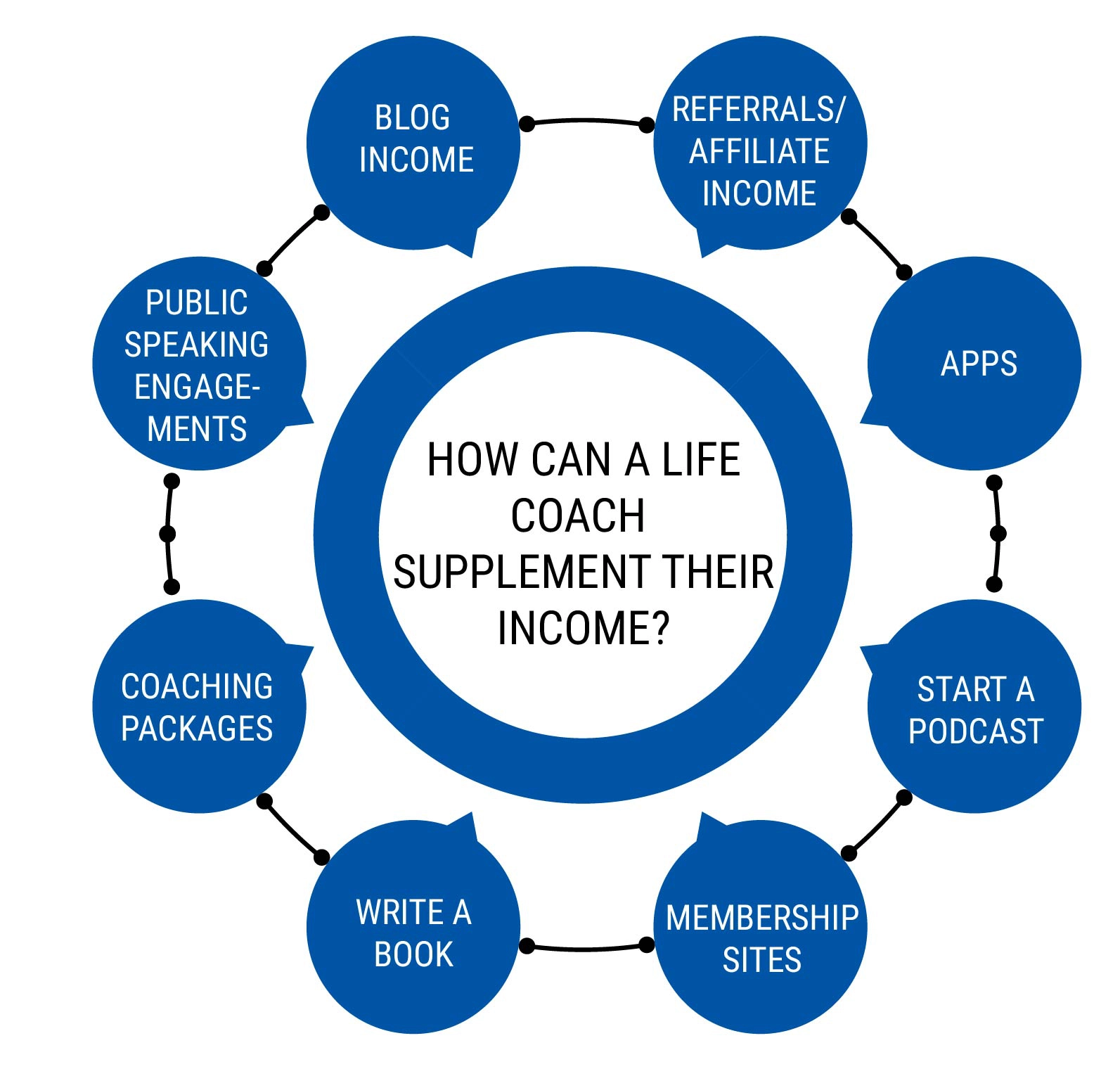
Chapter 9:
How To Boost Your Income Potential Exponentially
Salaries through jobs are a good idea while you’re finding your footing in the industry.
However, with a growth mindset, most life coaches eventually come to a point in their practice when they start asking themselves, “What’s next? How do I make my coaching a sustainable profession?”
How can you go beyond the salaries that any organisation will pay you and have a bigger impact in the world?
Let’s talk about that.

Pricing your coaching
Now with clarity on your niche, the average income that life coaches make and how to supplement your income as a life coach, let’s delve into how to put a price on your coaching.
Pricing your services appropriately can mean the difference between living paycheque to paycheque versus getting enthusiastic clients who are focused on the outcomes and stick with you long-term.
So how can you do that?
Package your coaching
We touched upon coaching packages earlier, but there is so much more to be said about this — especially addressing the why of the matter.
Why package your coaching?
Because we have analyzed the pricing strategies of the top coaches of the world – Les Brown, Marie Forleo, Robert Kiyosaki, etc.
Here’s what we found — almost none of the top life coaches in the world charge by the hour.
The truth is — people don’t really understand how to value coaching in terms of hours, but they do understand how to value outcomes.
Outcomes are what a coaching package focuses on. This way, you will be able to command much higher prices for your coaching.
So how can you effectively package your coaching services?
What packaging is not
Let’s get this straight before we get into further details on this.
“Get 7 sessions for $X”. – This is not packaging; it is bulk discounting.
“Buy 5 sessions and get 2 free!” – This is, again, discounting and not packaging.
“Buy my 8-week coaching program.” – This is a timestamp on your coaching program, not a package.
A coaching package or programme is quantified by a dedicated outcome.
For example, if you are a personal development coach and you coach women between the ages of 20 and 30 to become more confident and play to their strengths to achieve their goals, that’s your niche.
In this case, you could have a week-long retreat where your clients learn to connect with themselves, receive coaching for the personal obstacles they face in achieving their goals and have trust-building activities to create a community.
Bear in mind that your clients pay you specifically for the dedicated outcome they expect to achieve.
You will be able to command exponentially higher prices when you link the PAIN of your clients to the outcomes of your programme.
Types of Coaching Packages
Think about the range of your clients and their ability to pay for premium coaching packages — do you think one package can suit everyone in your niche?
The ability to pay will vary from client to client, and that’s why you need to have different packages to target different parts of your clientele.
Statistically, most successful coaching businesses have 3 types of coaching packages.
Package 1: The Taster Package
You can imagine the taster package as giving A + B to your clients. It’s lower-priced, but it still gives them a taste of what you have to offer.
Package 2: Mid-Range Package
The mid-range package gives your clients A+B+C+D. It’s double the value of your taster package and is often priced about double too.
Package 3: Premium Package
The real secret comes with the premium package. The premium package is A+B+C+…….Z.
If you compare the taster or mid-range to the premium, it gives exponentially more value and better outcomes for your clients.
While packaging, remember that your focus should be on the premium package.
The taster and mid-range packages just provide the illusion of choice.
A few people may choose the taster and the mid-range packages, but most will choose the premium package because it adds more value. That’s because of the value they derive from it, and that’s why they are willing to pay you more — it’s more value for them in relation to the value they have shelled out.
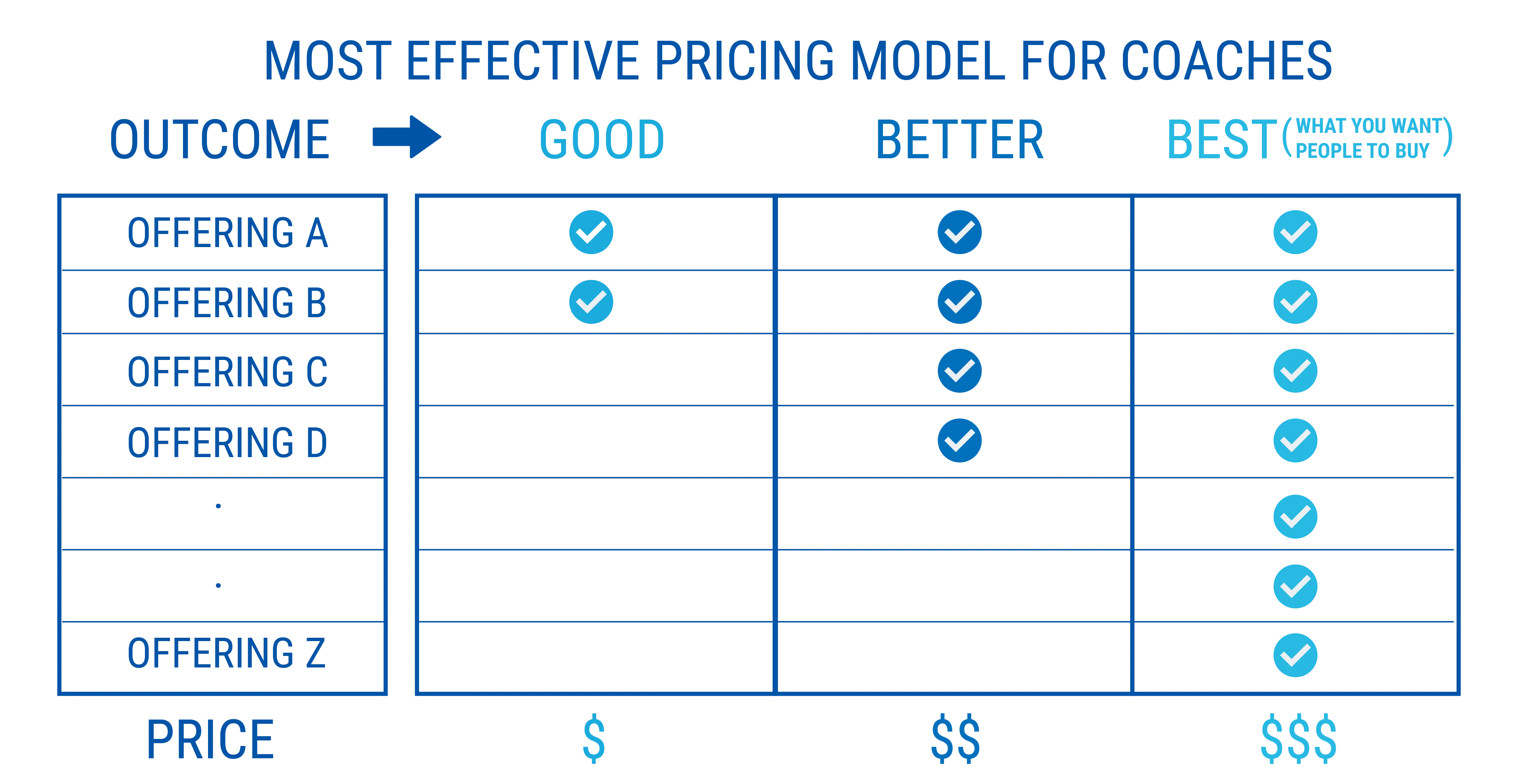
MOST EFFECTIVE PRICING MODEL FOR COACHES
This is a well-documented pricing strategy called Good-Better-Best (G-B-B) pricing and works very well for coaches.
What not to do
Based on my research, entering the world of coaching by charging by the hour is one of the least successful strategies.
And that’s because when people think about price, they compare like with like. When you charge by the hour, your clients compare it to what else they can get for the cost of that coaching session.
For example, if you are charging $100 for a session, your prospective client is immediately going to associate it with what else they can buy for $100.
A nice dinner date. 5 months of Netflix. You get the gist!
This makes them ask the question — is it really worth it? That comparison is going to make it unlikely for them to choose to go for your coaching.
They are going to make that comparison for every single coaching session with you, even if they do, and it is unlikely that they will stick with it for enough time.
As a coach, you know that if you don’t get enough time with your clients, you are not going to be able to deliver real value and help them achieve their goals. If this doesn’t happen, you won’t be able to retain your clients, receive and publish testimonials or get referrals.
The situation only gets worse when you raise your prices. The comparisons become even harder to compete with, as it becomes harder and harder for them to justify paying you what you are charging them.
Just take a look at the most successful coaches out there — do you know anyone in the top league who charges by the hour?
Nope. You’ll see what I mean when I take you through some examples.
Chapter 10:
The Highest-Paid Life Coaches
An article about how much life coaches make cannot be complete without talking about the top-earning coaches of the world.
These are the ones who have made it and we often look up to.
Let’s look at the biggest names in coaching and how much they actually earn.

The List
Here are some of the highest paid life coaches:
- Jay Abraham, one of the most famous business coaches has an estimated net worth of $73 million (or 10 billion according to other estimates!) as of 2021. He charges $50,000 for 1 day of consulting.
- Martha Beck has an estimated net worth of $55 million as of 2021.
- Brian Tracy has a net worth of $15 million as of 2021.
- Marie Forleo has a net worth of $14 million as of 2021
- Bob Doyle, best known for his Law of Attraction programs, has a net worth of $10-12 million.
- Eckhart Tolle has a net worth of $70 million as of 2021.
- Lucinda Bassett has a net worth of $4 million as of 2021.
- Mary Morrissey has a net worth $3.6 million as of 2021.
- Chris Rim, a 22-year-old recent Yale grad, now tutors high-schoolers to get them into Ivy League Schools at $950 an hour.
- Lolly Daskal has a net worth of $1.2 million as of 2021.
It’s massively inspiring to see these coaches doing so well; living a life of abundance and freedom while having a huge positive impact in the world.
But except for getting inspired by them, there is 1 more valuable takeaway if you closely look at each of these successful coaches.
The Key to Unlocking Exponential Income
Salaries via jobs may be ok for starting off, but you should start working on making your coaching into a sustainable business right away.
And this is the key to unlocking exponential income from your coaching — to treat it as a business.
There’s 1 thing in common in all the highest-paid coaches of the world. They think like entrepreneurs and look at it as a business. They don’t just depend on a salary to get by. That’s exactly how they got to the level of success and fortune they are at currently.
We Start Coaching Because We Are Passionate. But The Reason Coaches Last Is They Treat It As A Business.
Throughout your journey as a coach, I strongly encourage you to put on your entrepreneurial hat.
You have to learn a lot and wear many hats.
From ideating to marketing, to selling, to delivering, and everything else in between.
Try to learn as much as possible about your industry. Focus on learning from various people about their industry. Keep thinking of how you can implement your learnings practically for your business.
The Next Steps
The next step is for you to start on the journey of building your successful coaching business.
By leveraging technology, it’s easier than ever to start your own online coaching business.
This guide about starting your online coaching business will take you step-by-step through everything you need to do.
Even if you are working full time in another job already, and want to start a coaching business while doing so, this is what you stand to gain:
- You can supplement your current income
- You can get a steady stream of coaching clients
- You can avoid burning yourself out in the process of coaching
This guide on starting a coaching business while working full-time will take you through everything you need to know to do it successfully.
Starting a coaching business is the path you need to take if you want to increase your earnings exponentially and create a sustainable model that earns you ample return on investment for the years to come.
Conclusion
Congratulations on finishing this guide!
By going through this in-depth guide, you have equipped yourself with the knowledge you need to structure your salary in a way that is customised to your needs and lifestyle and attract the clientele you want to work with.
You are now much more likely to succeed in creating a successful coaching career that is lucrative and gratifying at the same time.
Before I let you go, I’ll let you in on a secret —
As lucrative as the career is, any life coach who truly loves their work will tell you that the real value and gratification lies not just in the money, but in the positive change and growth they have managed to bring to their clients’ lives.
Have you found the perfect coaching model for you?
What is the next step you are going to take now?
Do you think there is something I have missed? Do you have any questions which were left unanswered?
Let me know in the comments and I’d love to address them.
Frequently Asked Questions (FAQs)
What is a life coach?
A life coach is a professional who assists people in making progress in their lives in order to attain greater fulfillment.
What degree do you need to be a life coach?
You don’t need any specific degree to become a life coach since the coaching industry is still highly unregulated. Although, a background in psychology, education, wellness, or a coaching certification from an accredited training program — can give you credibility and leverage as a coach.
Can you make good money as a life coach?
Certainly, you can make good money as a life coach.
How much do life coaches make?
A life coach salary range is between $27, 000 – $128, 500.

Download a FREE PDF version of this guide…
PDF version contains all of the content and resources found in the above guide.
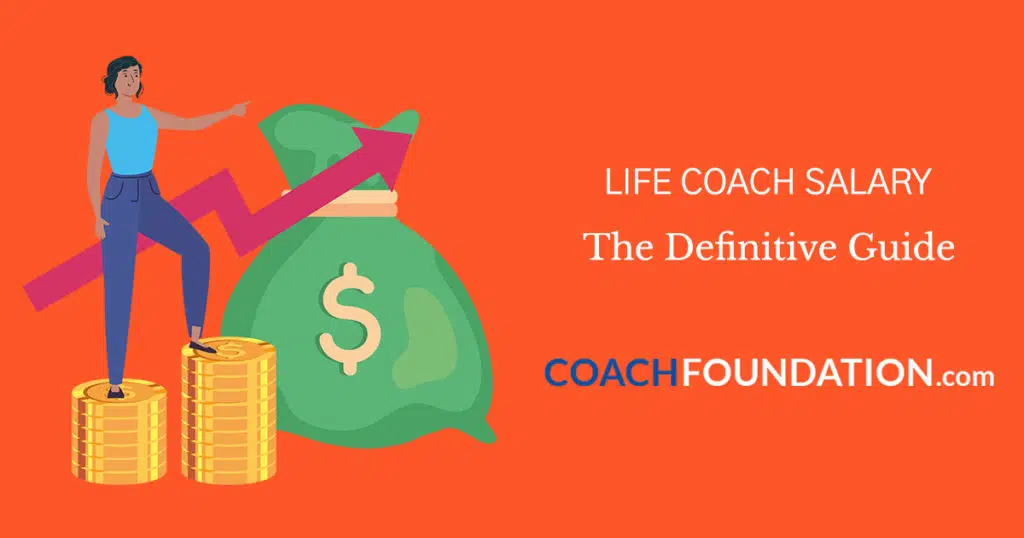











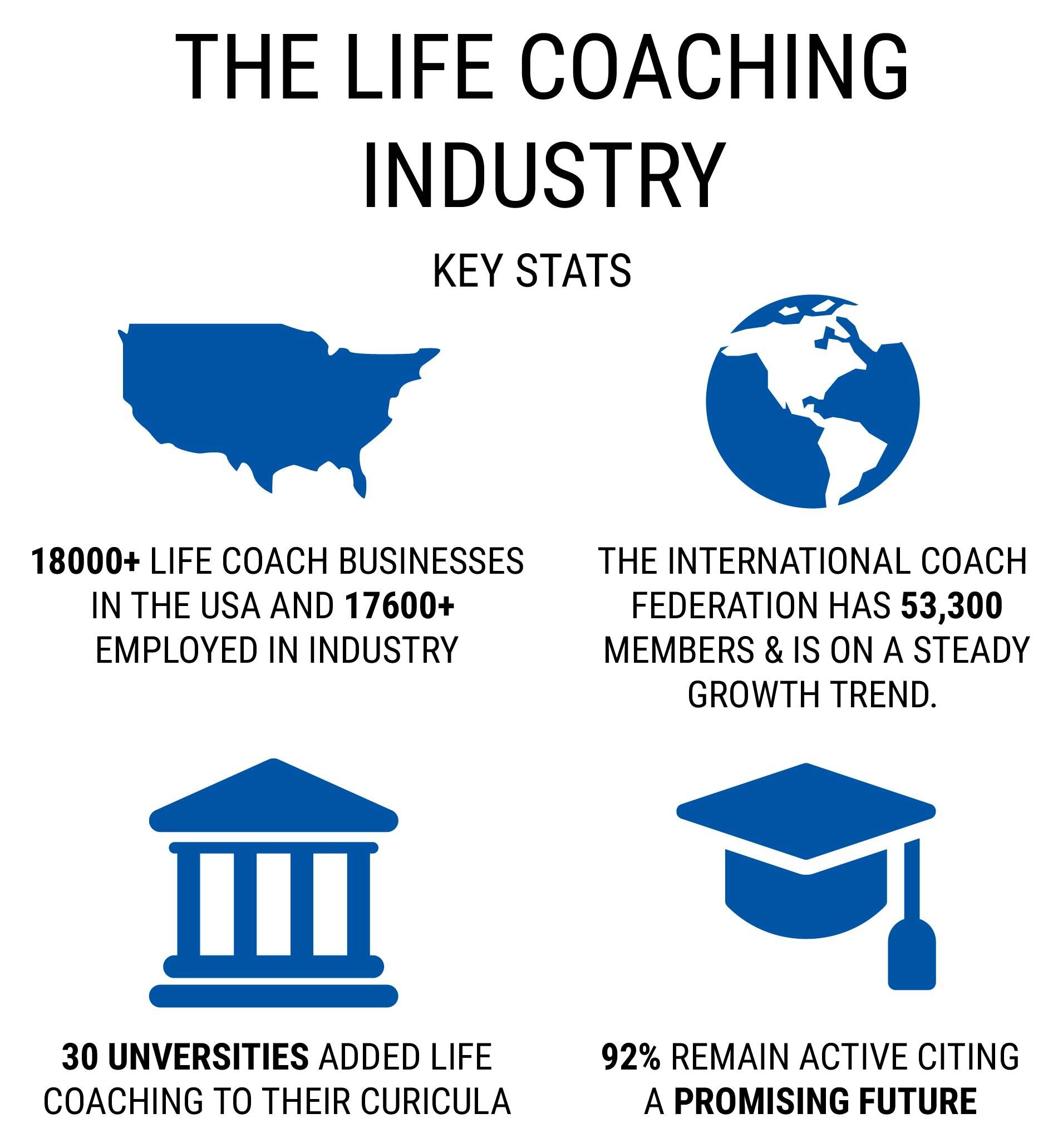
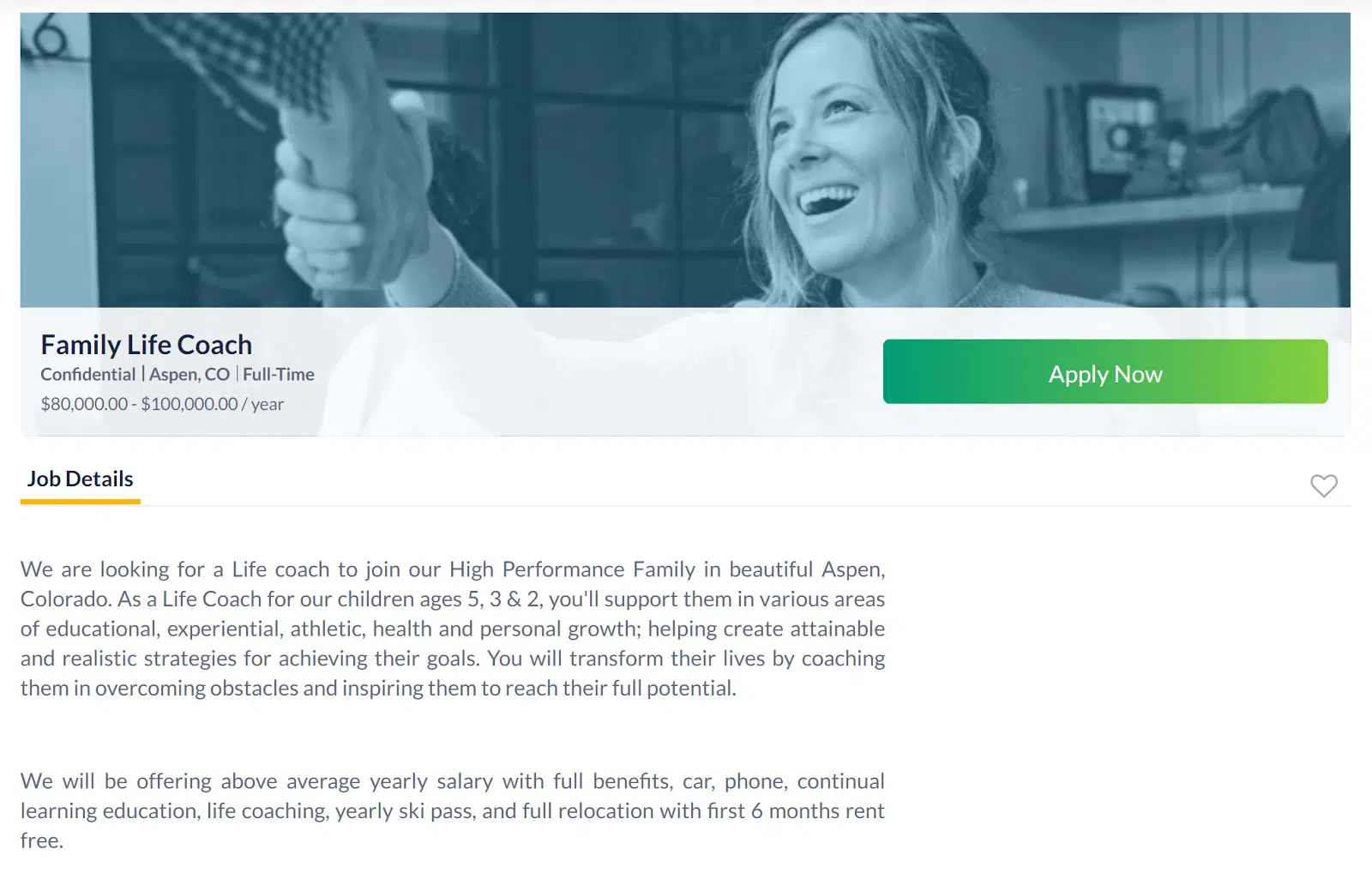
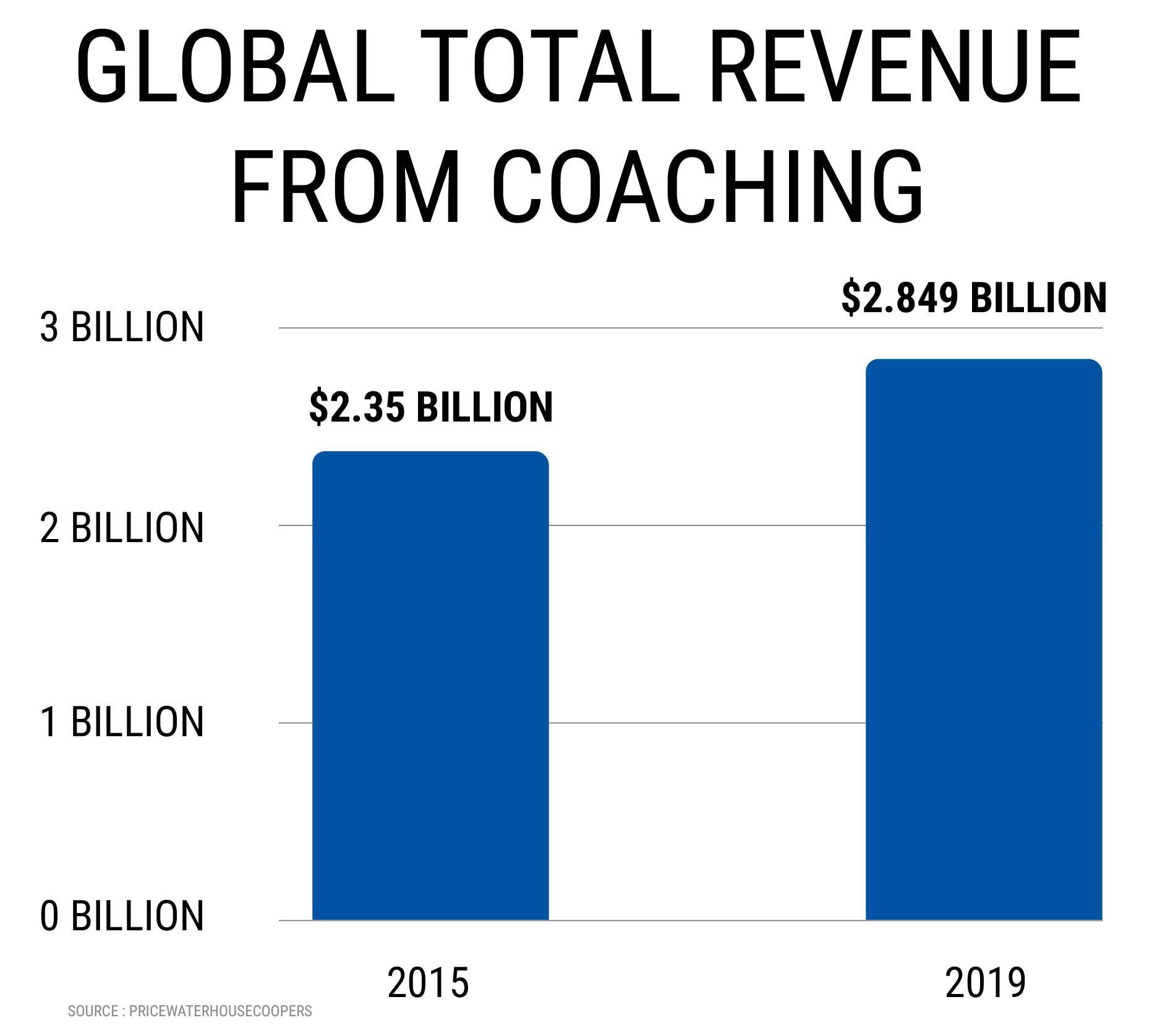
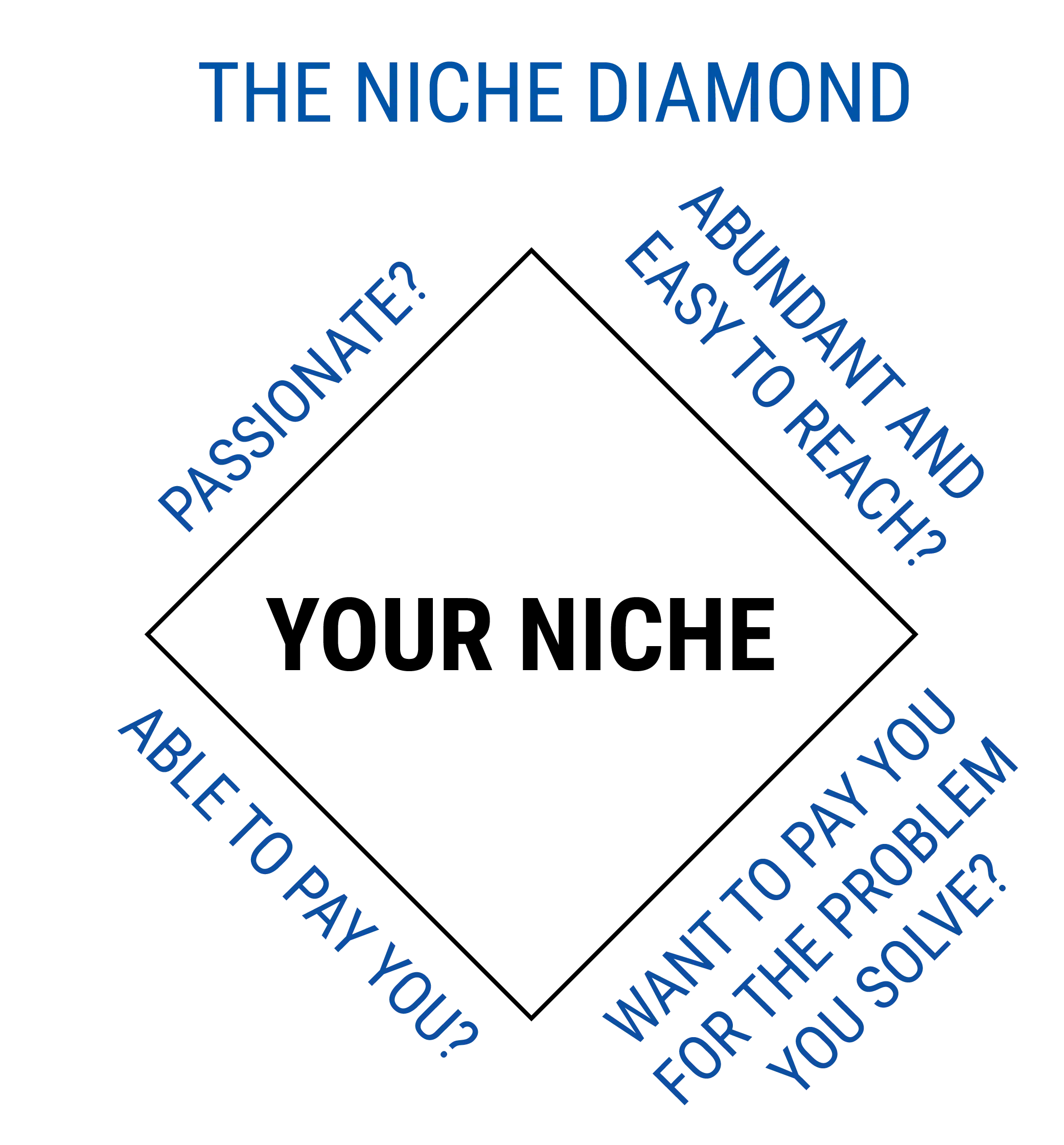
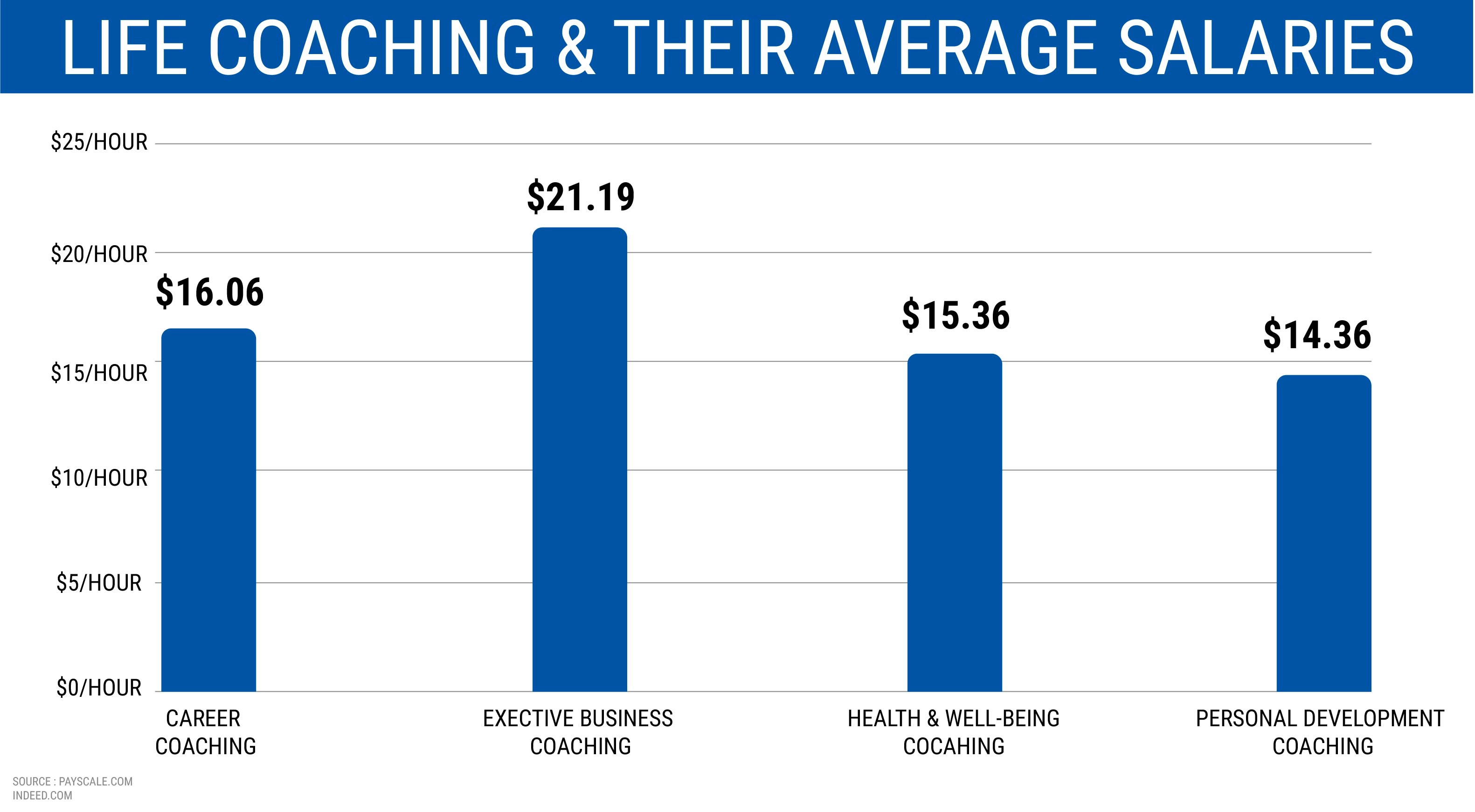
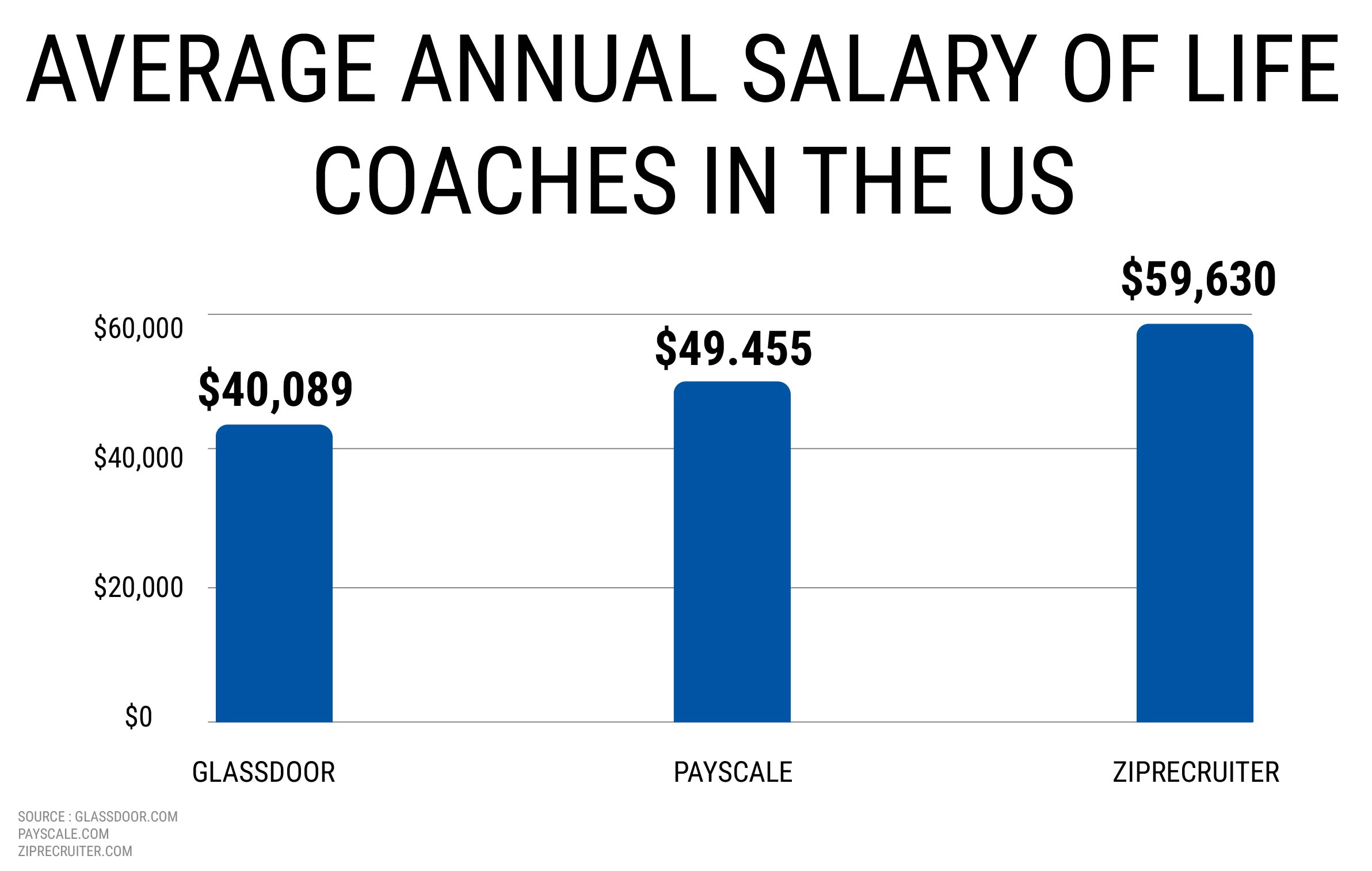
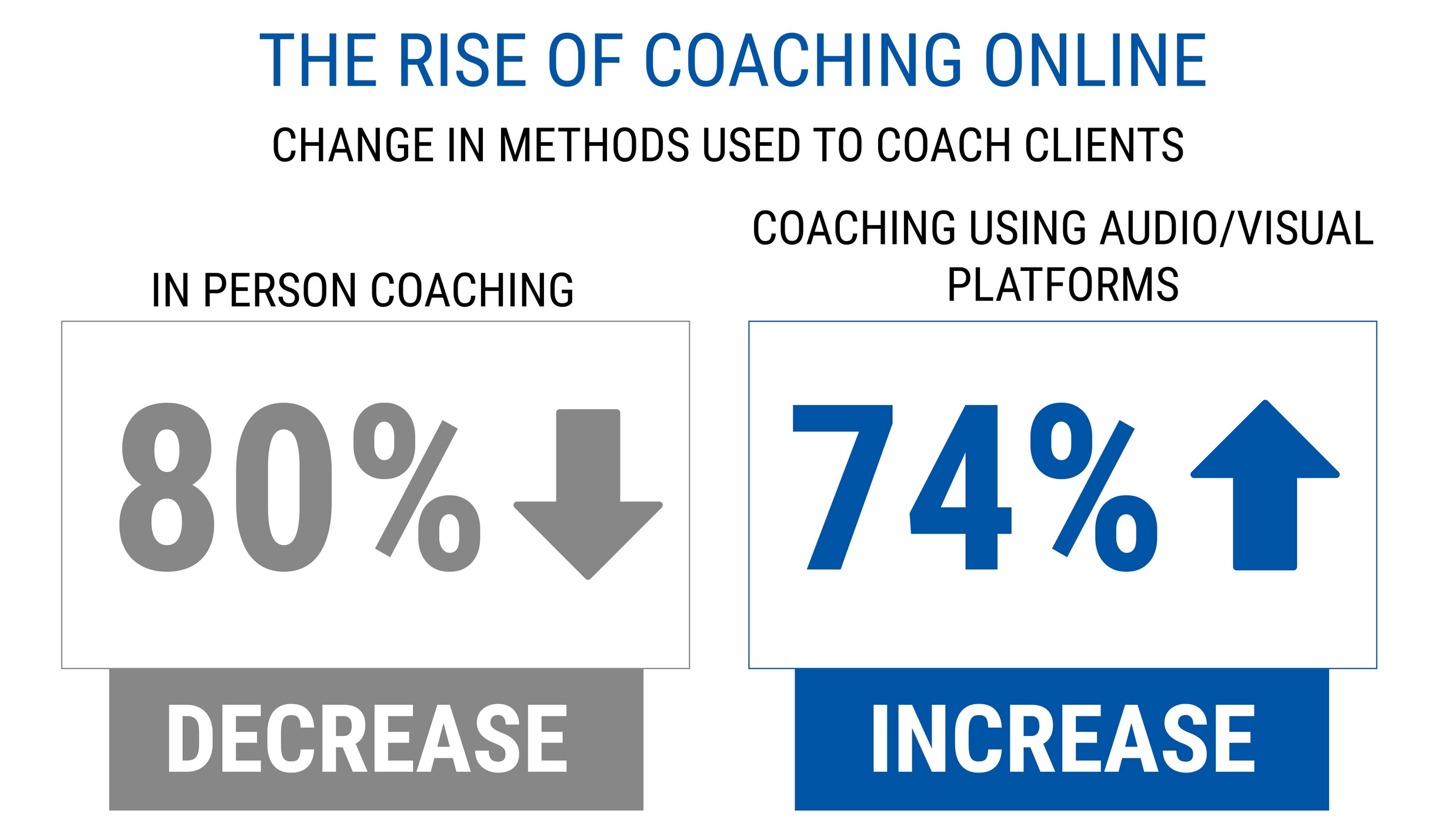

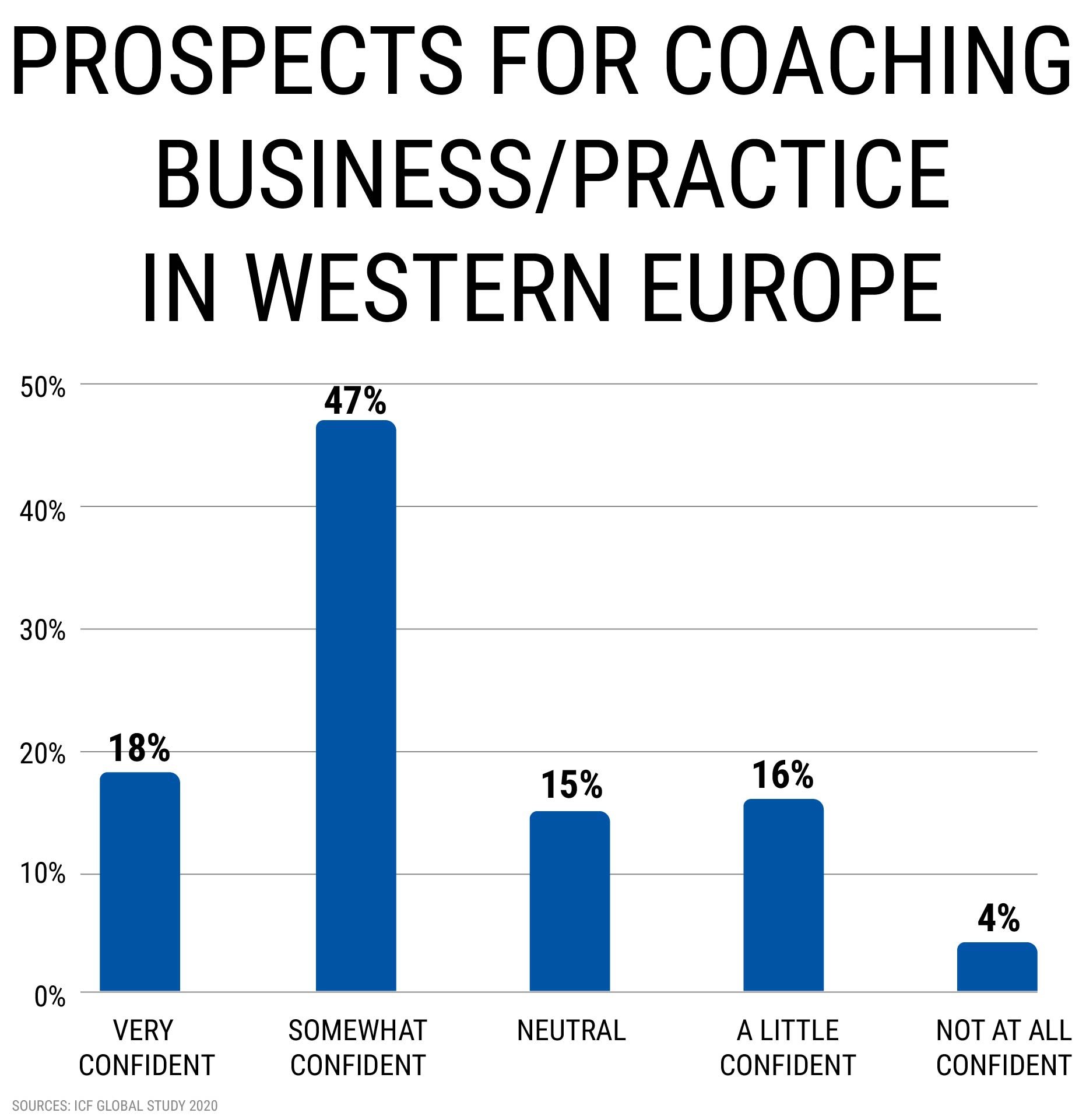
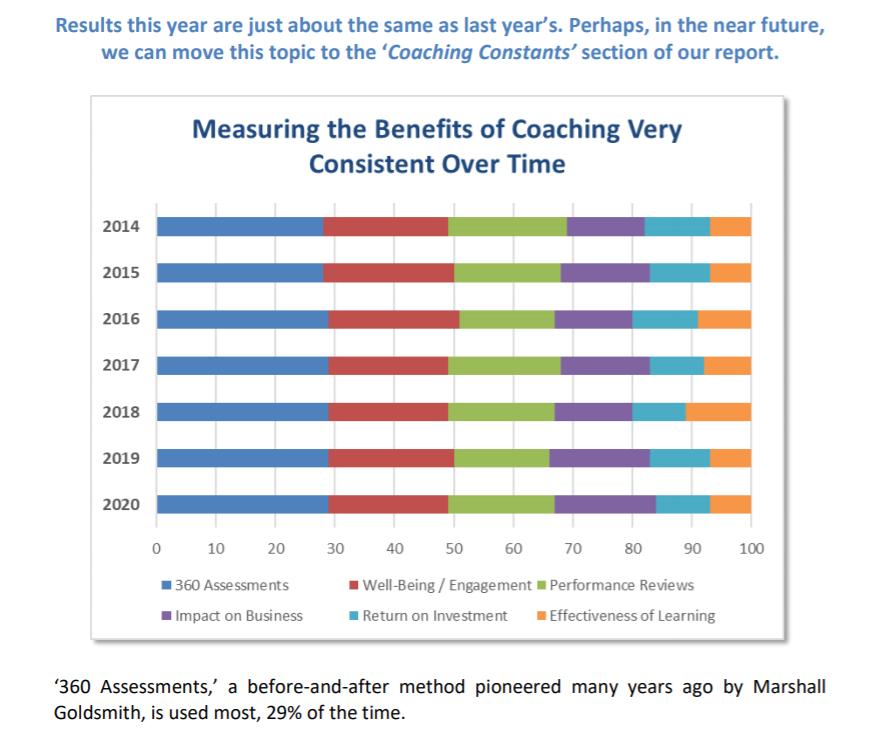
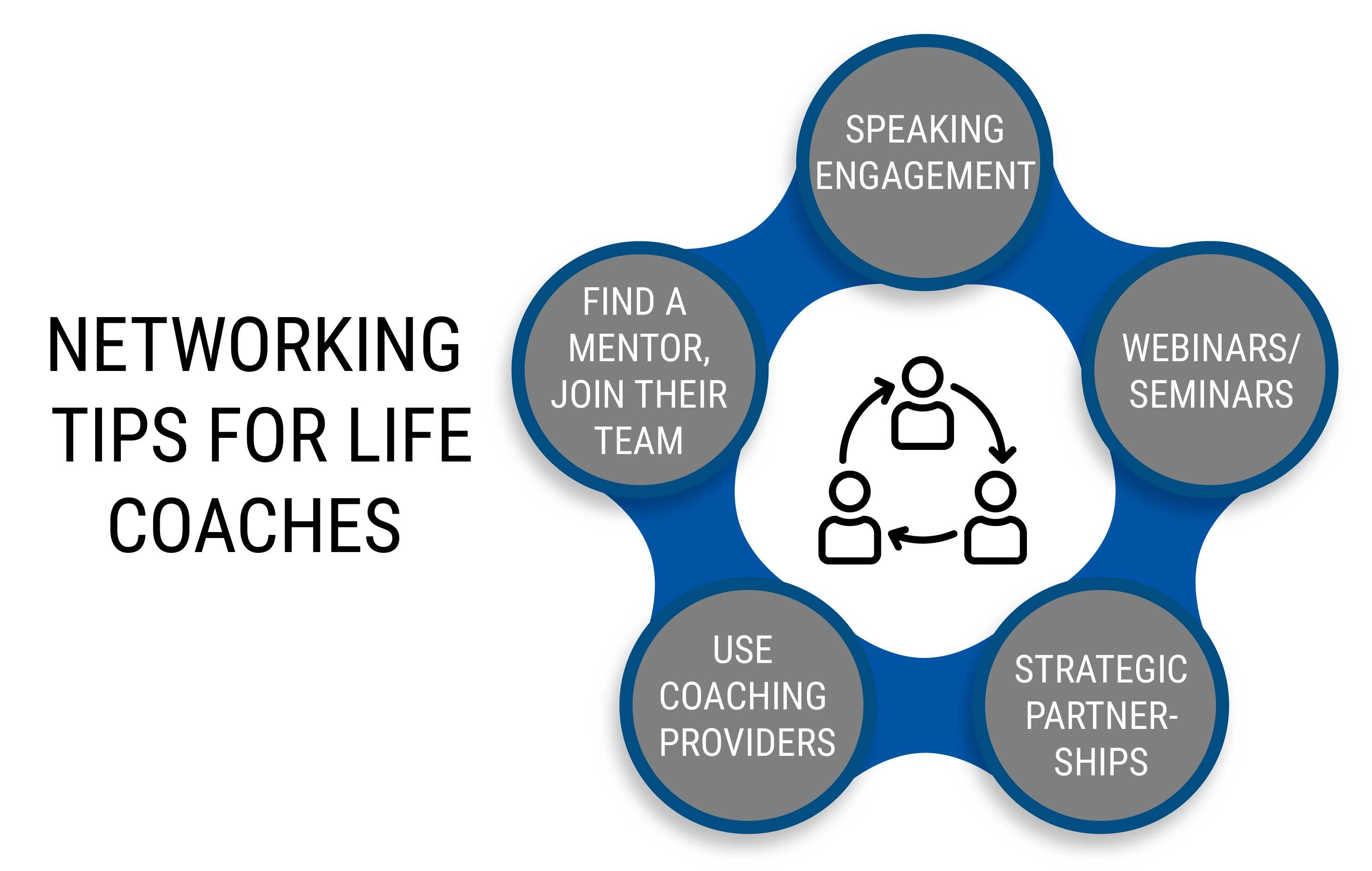
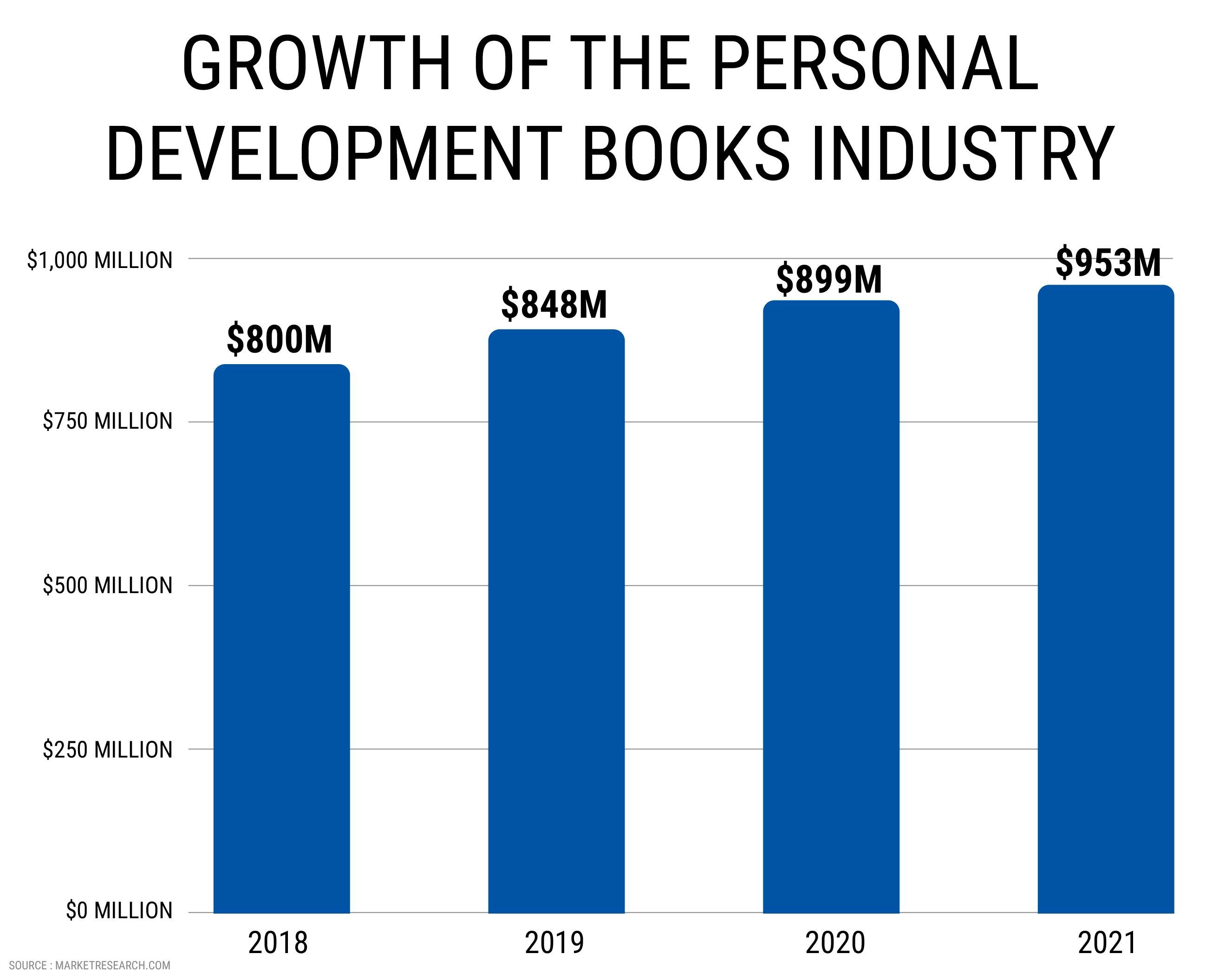
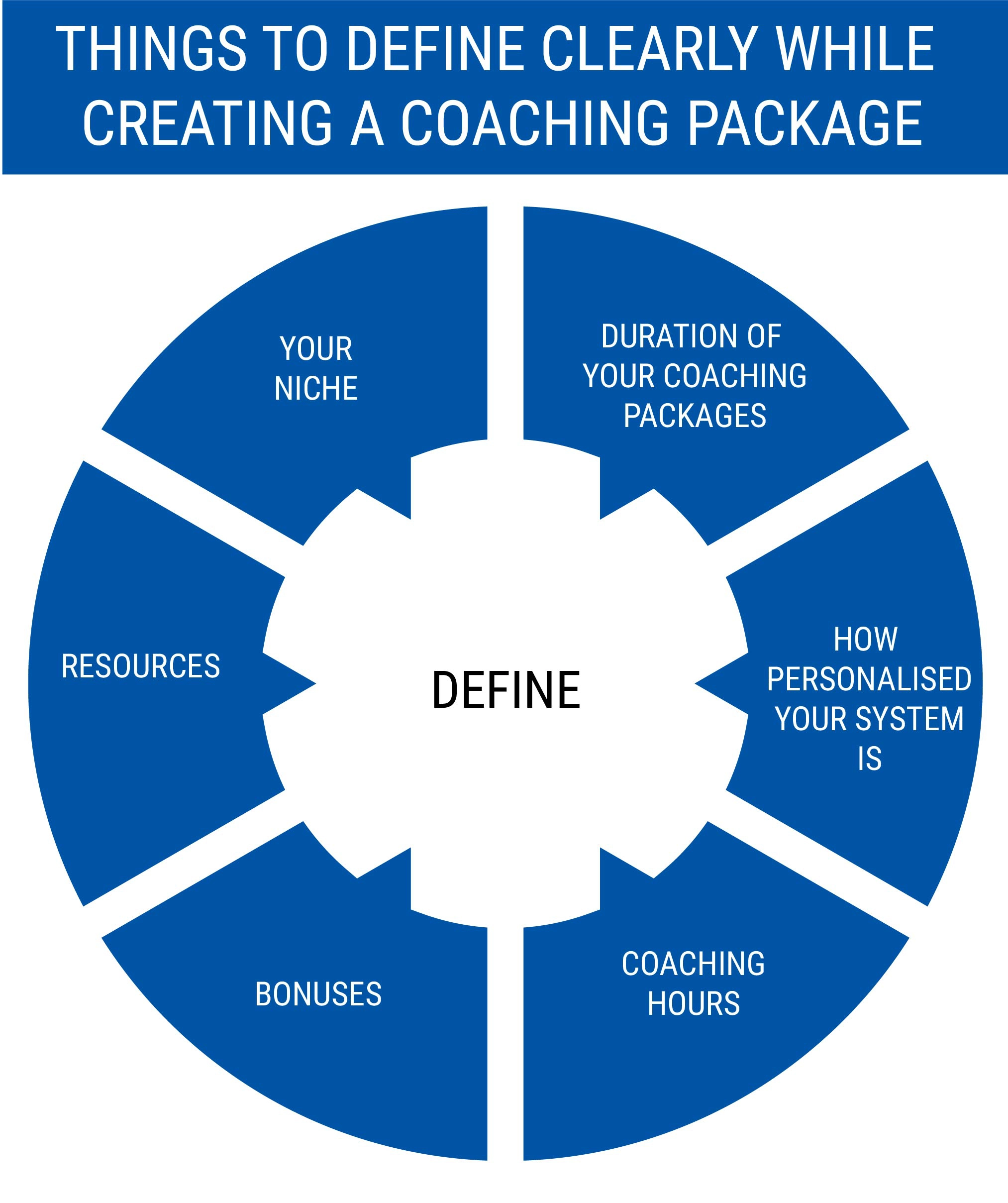
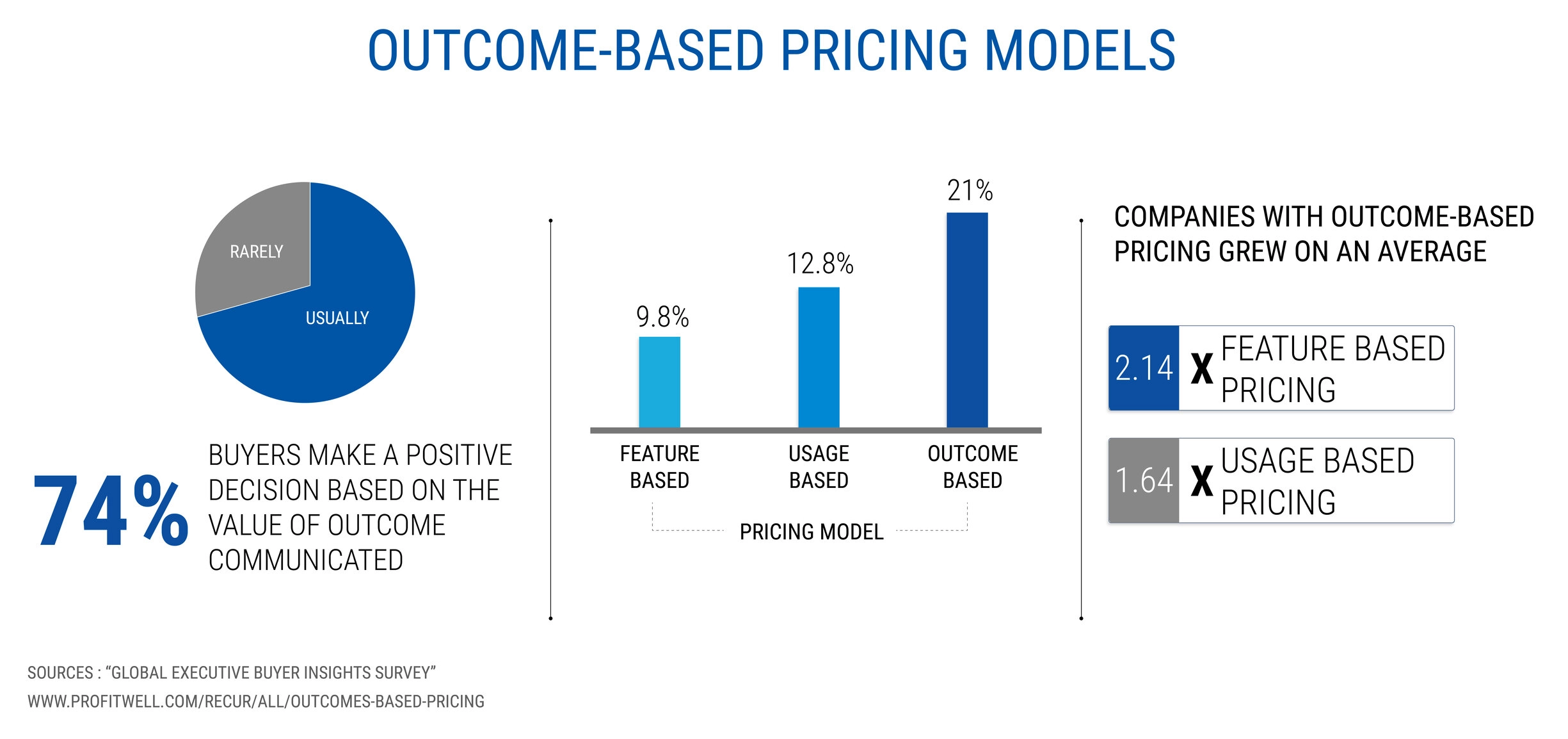
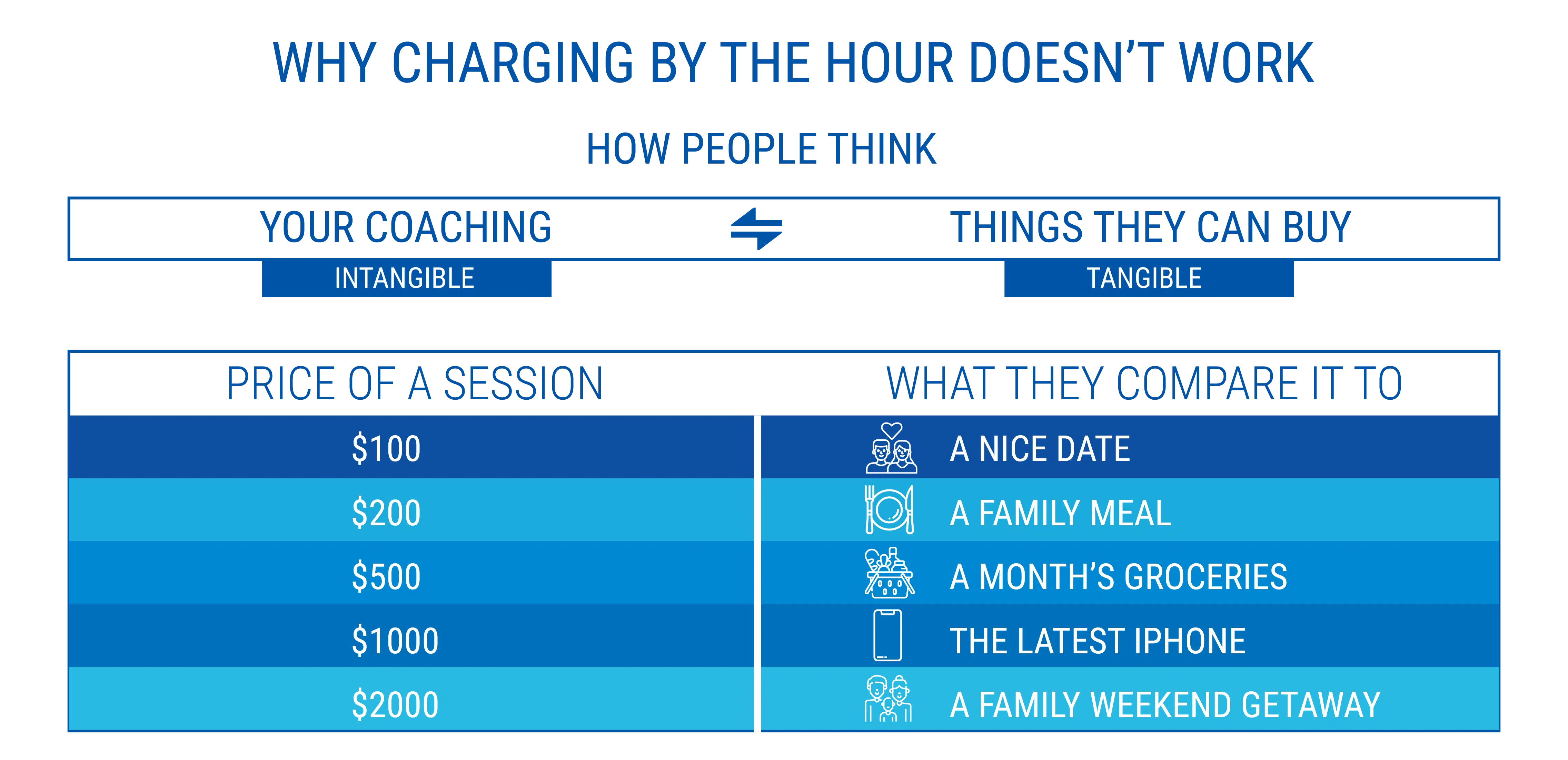
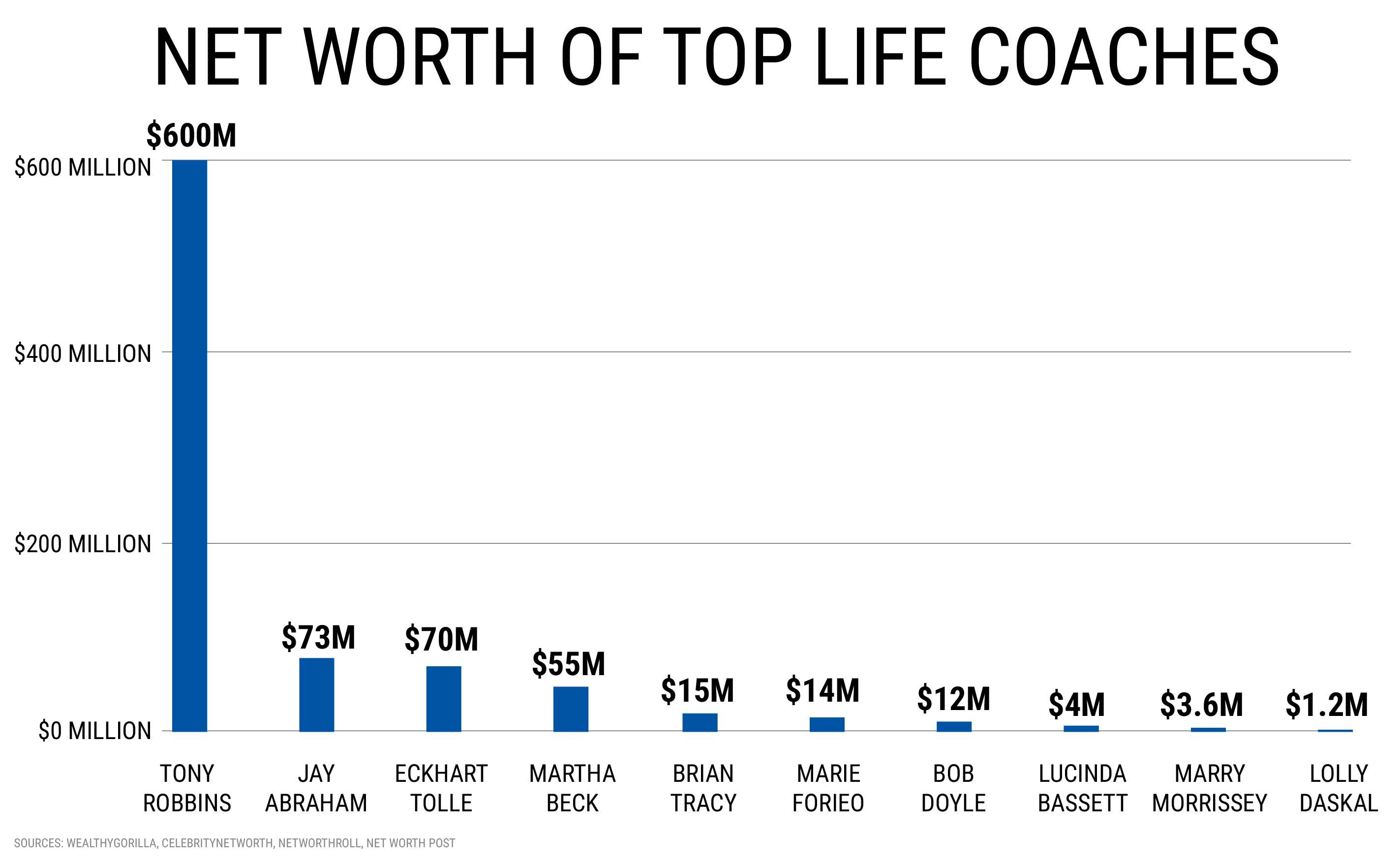





Great article!
I have just started my life coaching business and as excited as I am to help others create massive change in their lives, I have to agree that it has to be treated as a business, and charging by the hour would drastically limit the amount of income you can make.
I took really good notes from your very informative read, thank you for sharing!
Thank you so much for sharing all this wonderful info with how-to’s !!! It is so appreciated 🙂
Hi Sai, what a fantastic post!
I have read a number of articles on life coaches’ salary, but they have failed to explain the topic the way you did it. Your article is deep and resourceful, can’t wait to see more from you.
Good luck.
This blog is an answer to one of the toughest questions faced by coaches . You really pointed out wonderfully how a coach can identify their niche markets and hence determine their worth. Pricing is crucial and you make it seem effortless and simple! Thanks for the insights.
Thank you Sai. It’s a very insightful article that is going to help every new coach to pursue their coaching career. Very detailed and well explained.
A must-read article for someone who wants to start, as it beautifully gives a detailed explanation on how-to.
I wish I had come across this guide early on. When I started my practice I thought of covering all kinds of coaching but I was unable to retain clients. I am doing good now because I have specified my area.
Hey, Thank you for sharing the updated info. A worth-reading guide! Please share your valuable insights about the life coaching practices in the new normal.
I have been serving as a productivity and performance coach since mid-2016. And I agree 100% with the insights shared here. It’s really a rewarding profession when you successfully help your clients achieve what they want to achieve.
Thank you. I am a beginner so it would be helpful if you please mention what are the organizations other than International Coach Federation which govern the domain of life coaching?
This is an amazing guide about compensation trends for life coaches. If you have any guide for life coaching types or niches as well, then please do share
Your guide has been so helpful to me. I am an employee in a nutraceutical unit working 9 to 6. And after reading this article, I am planning to switch to Life coaching as I can see it is a very rewarding profession.
I like your well-described coaching models. I think Hybrid Model is the best. (online coaching and courses). It is gonna work best in 2021. What do you say Sai?
I came across this article by chance. And I am glad I got to read this article. You have presented this critical issue of adequately pricing the coaching services in an amazing way. Thanks, Sai.
Thanks Subarna! Glad that you found this article valuable 🙂
For all potential coaches out there, a very informative read I must say. Thank you, Sai. Your knowledgeable approach is exceptional!
Very well-written. To be honest I also used to think, whether life coaching really pays. You have amazingly answered all the questions that I had in my mind. Thanks a lot.
This article is amazing, I have been thinking about coaching the wrong way. It was informative to understand the income one can get from being a coach along with all the benefits. Thank you very much Sai!